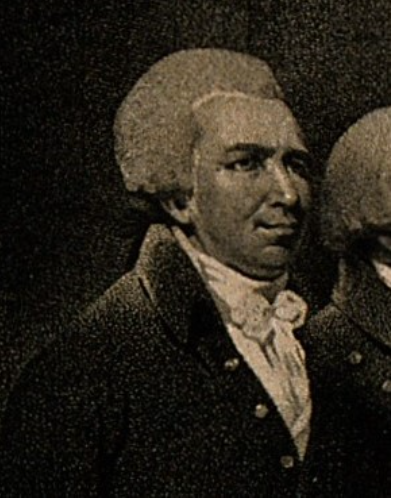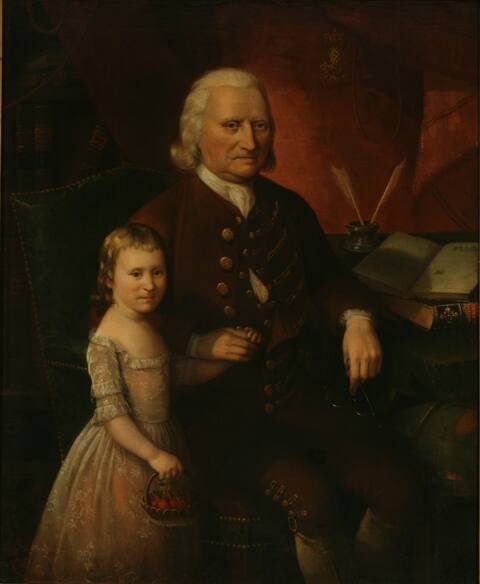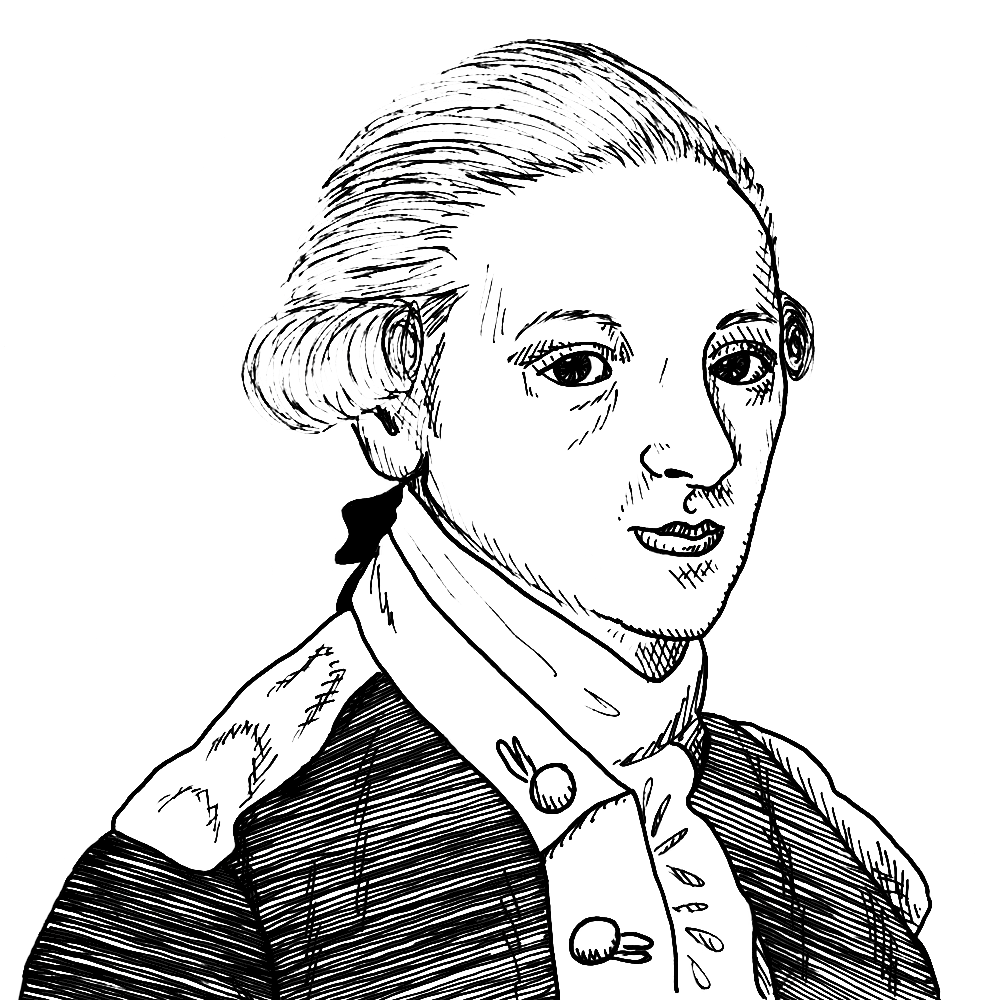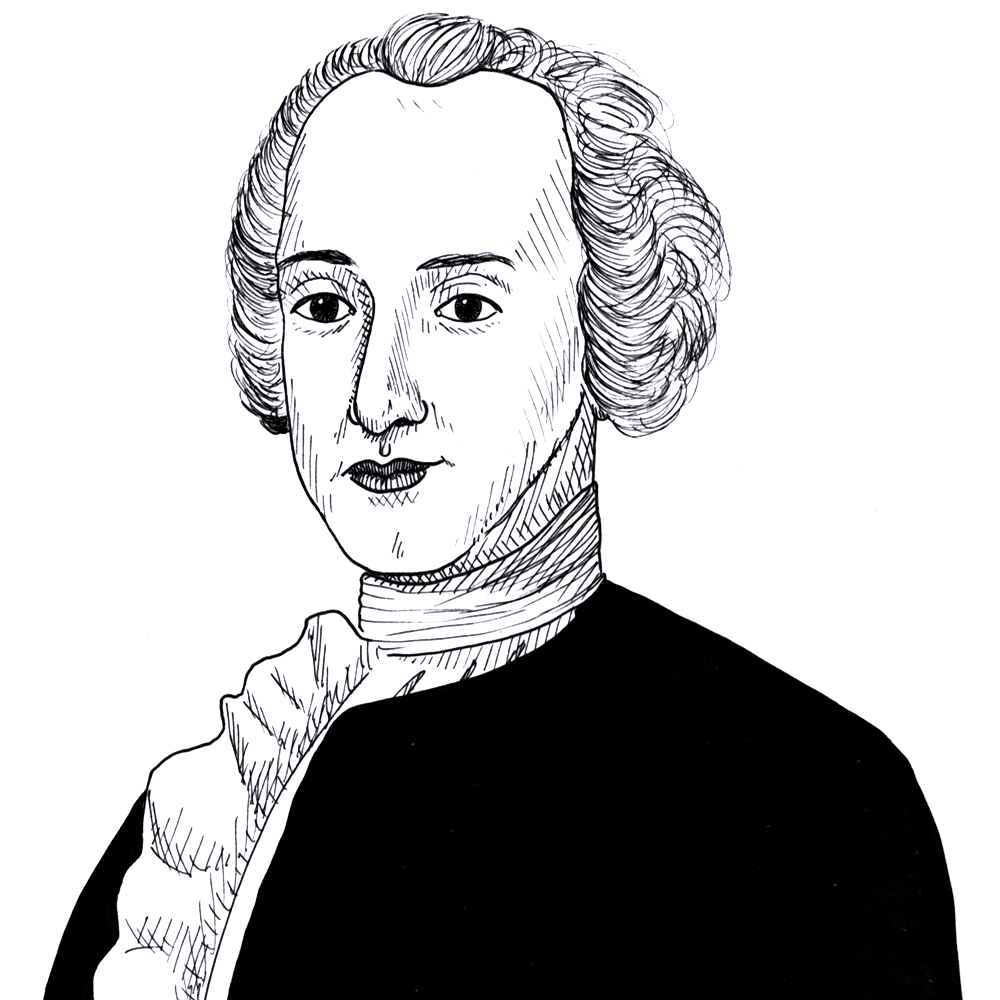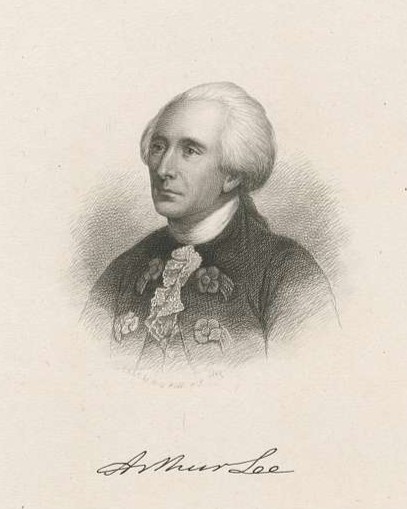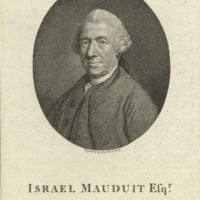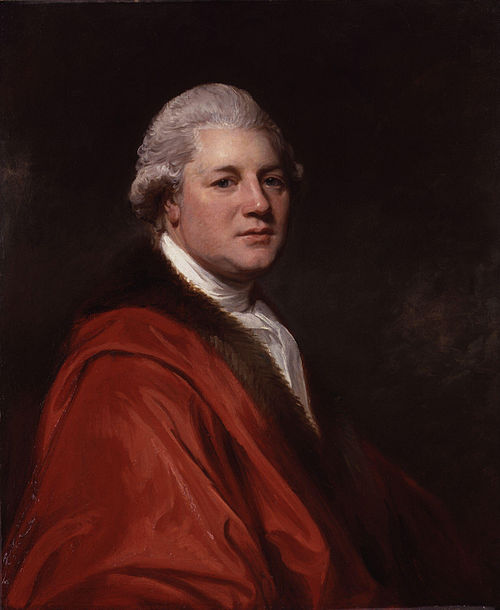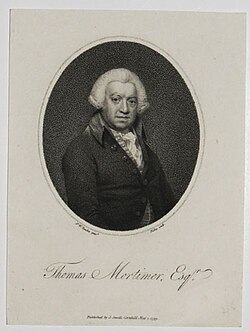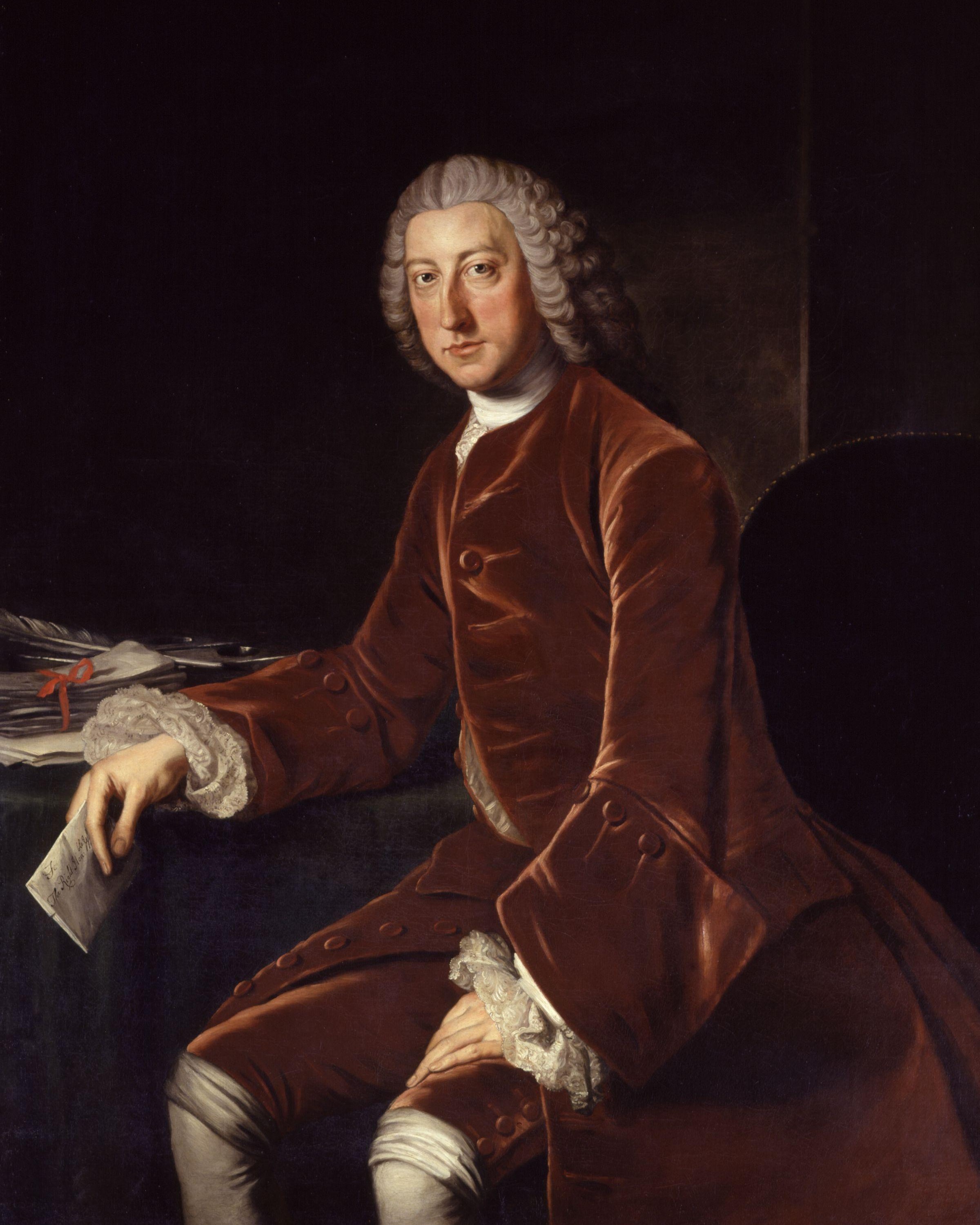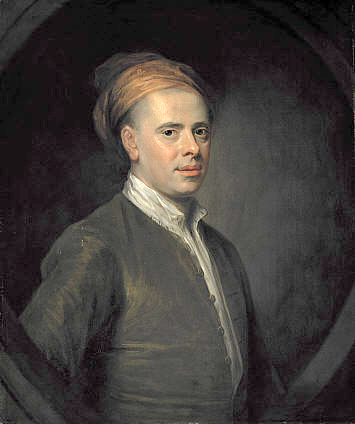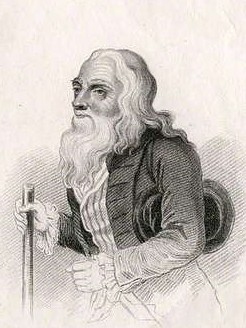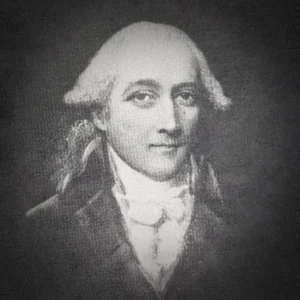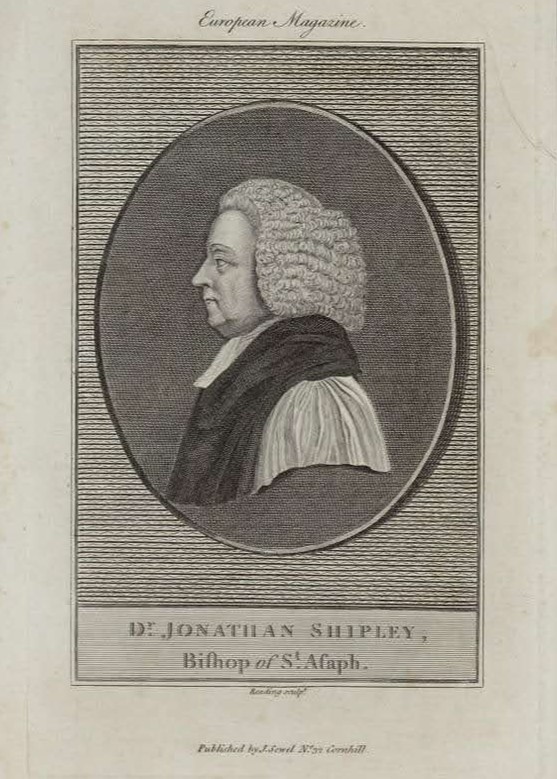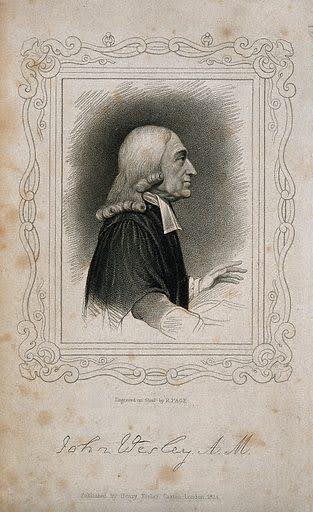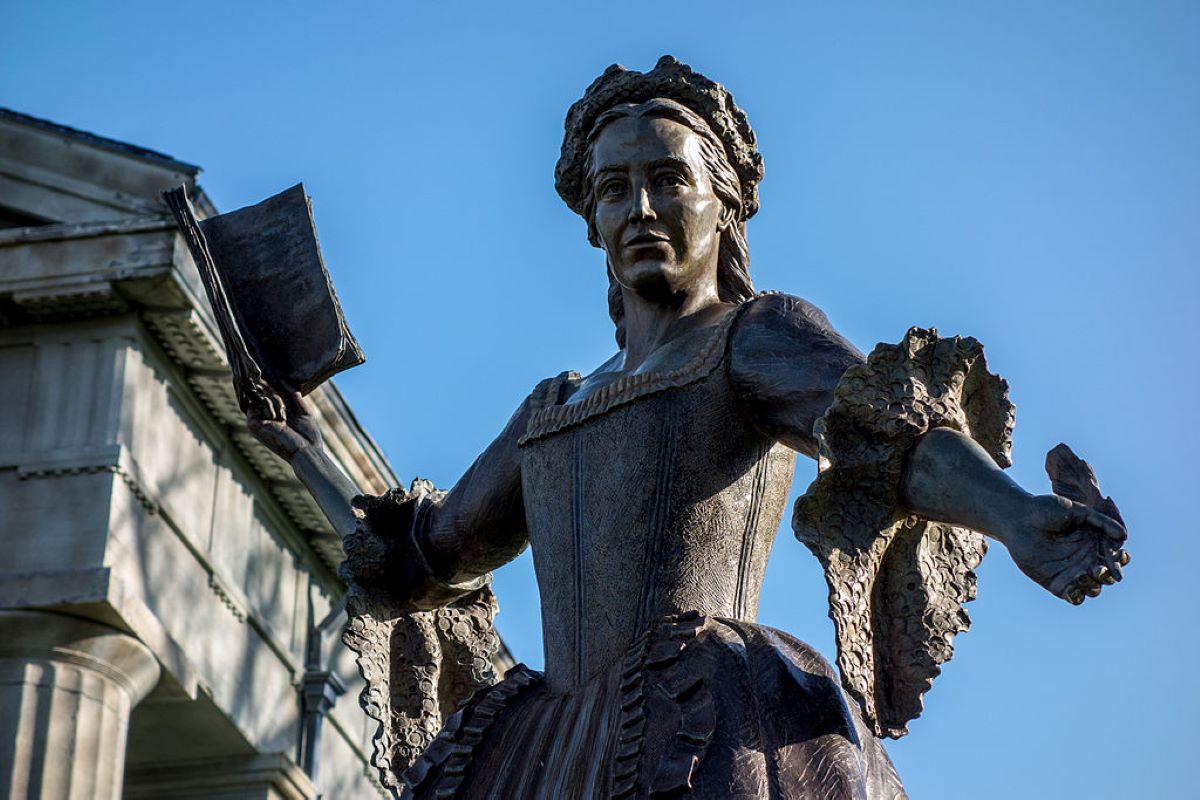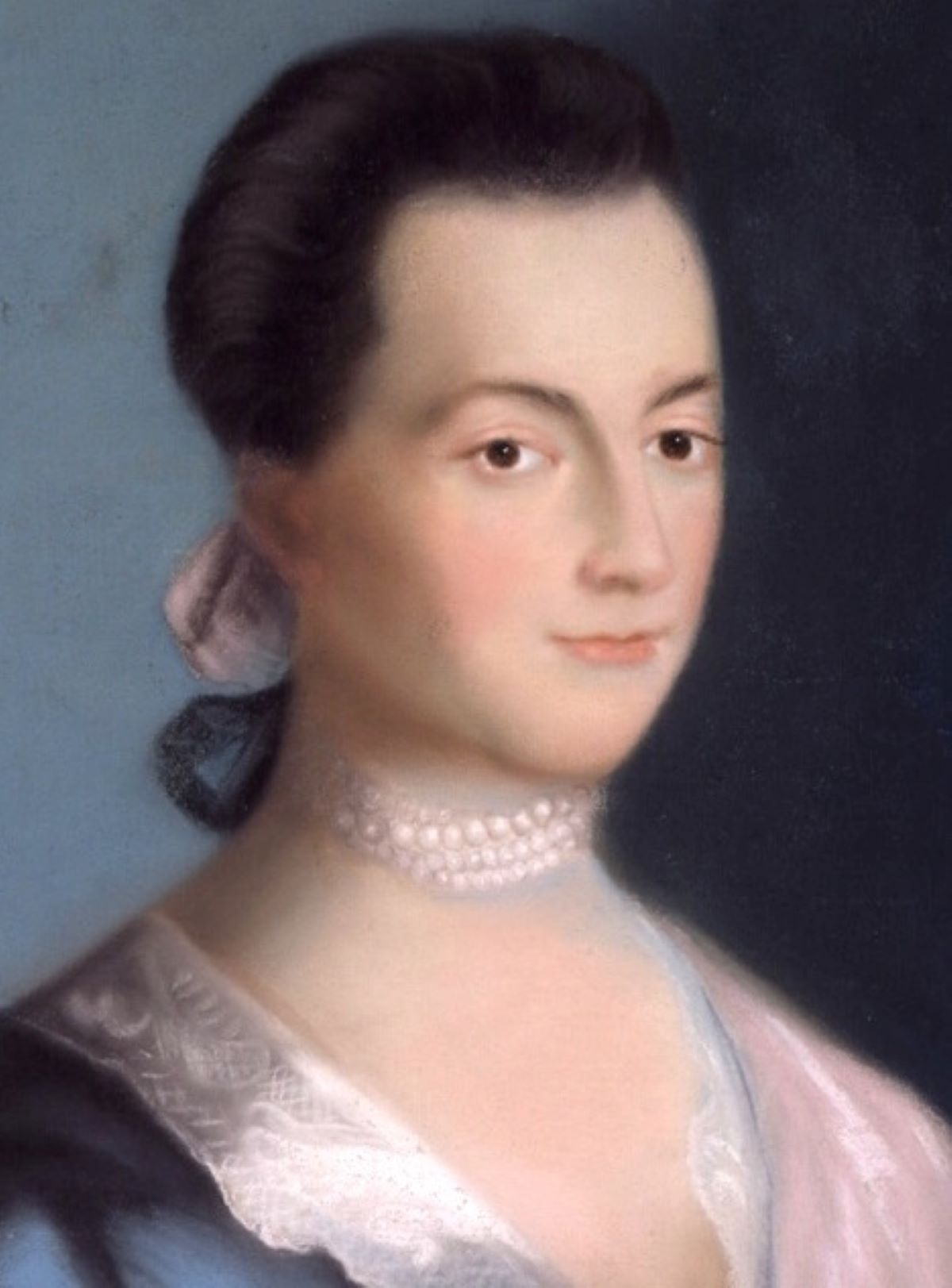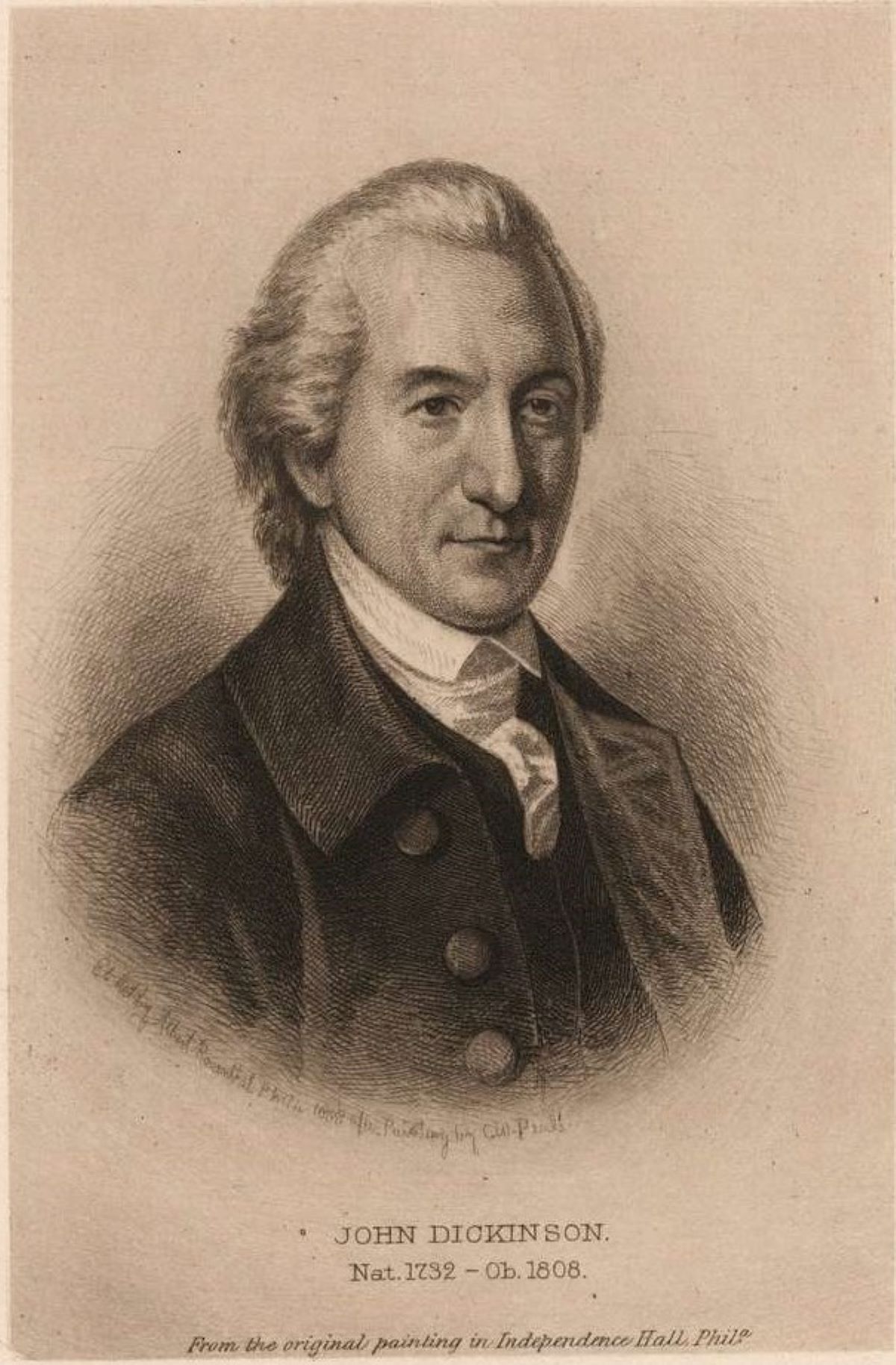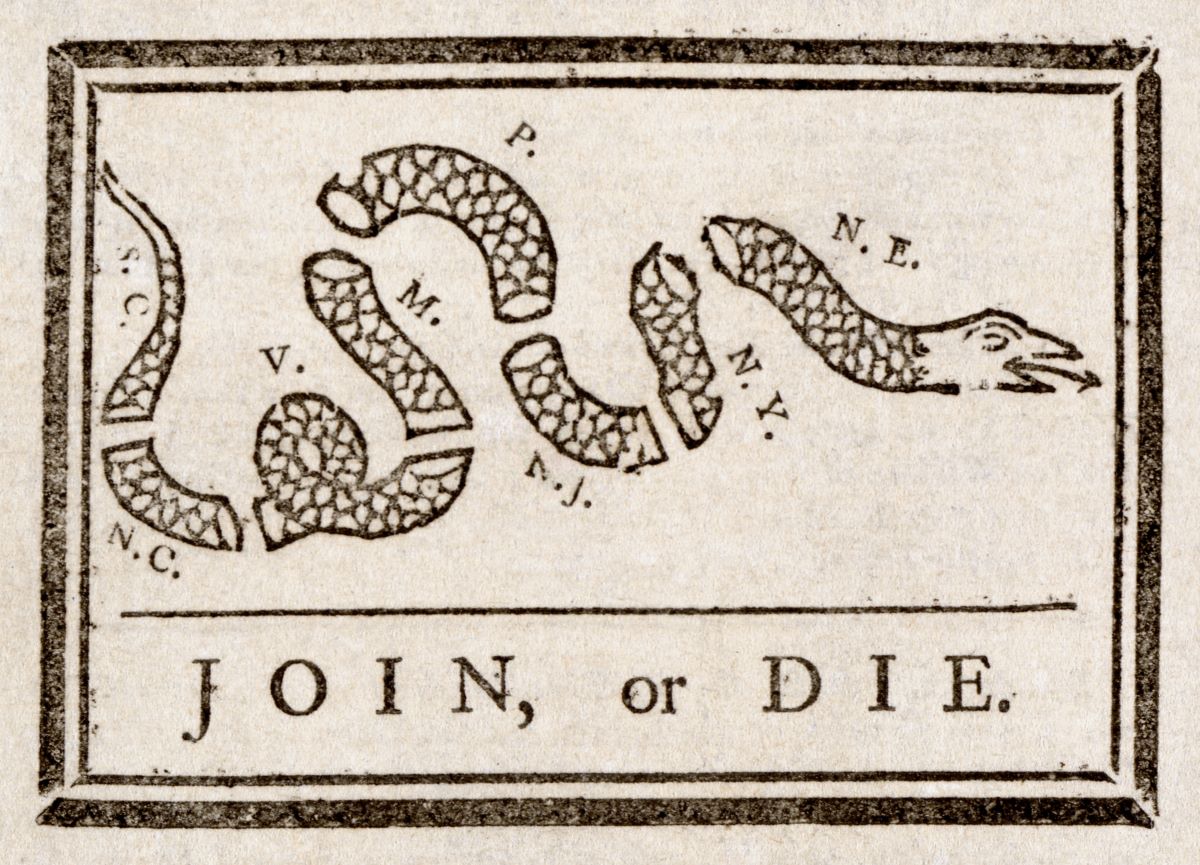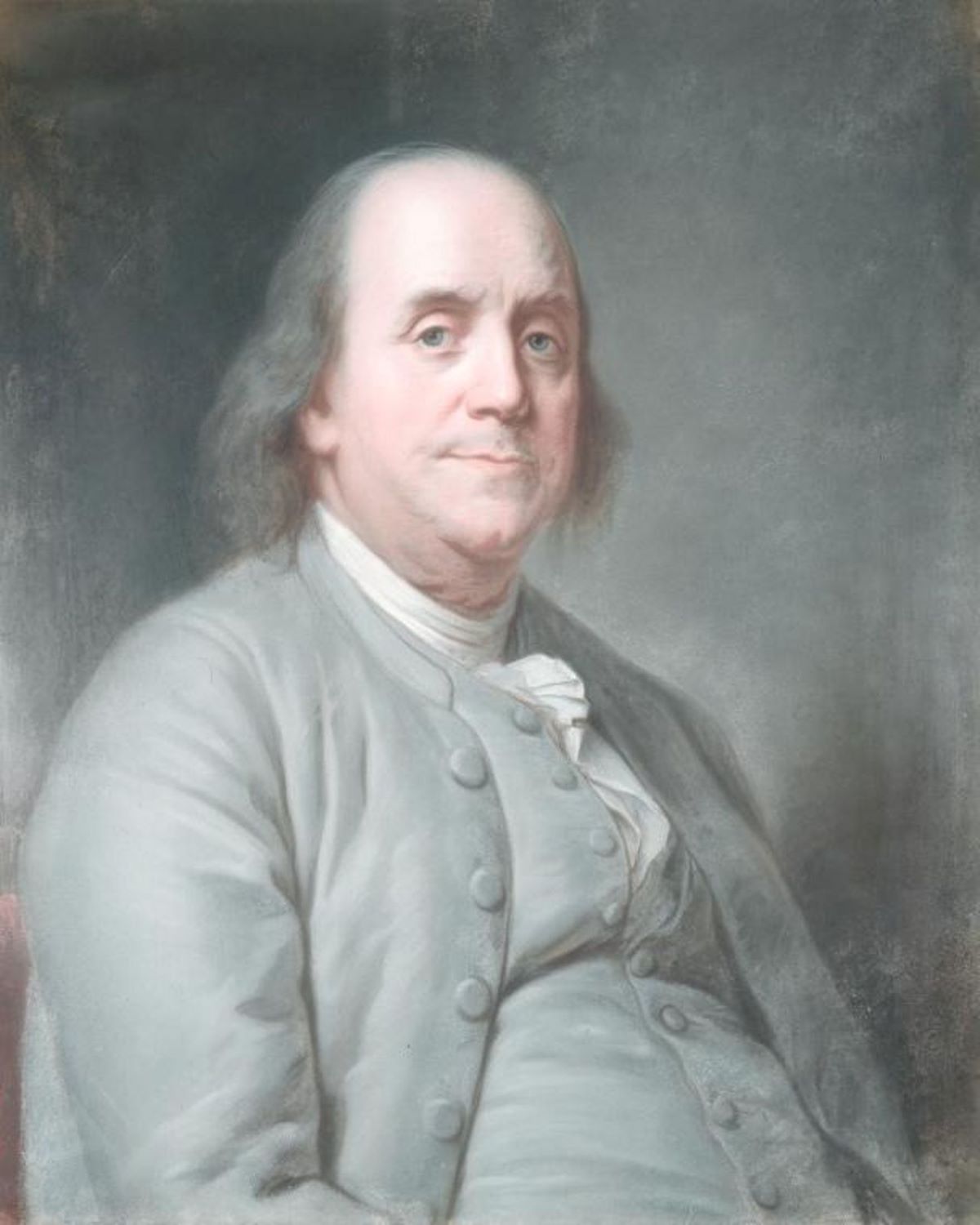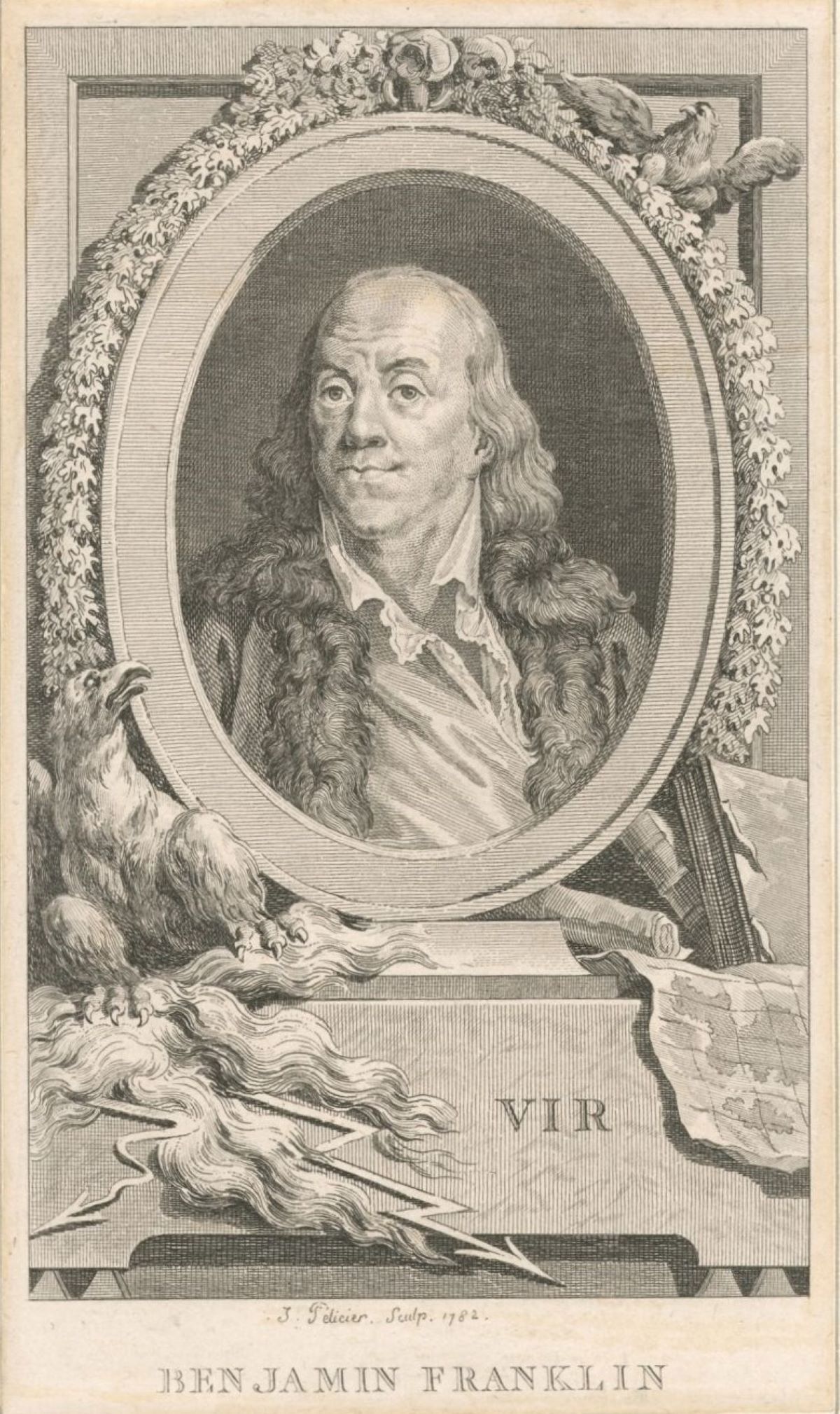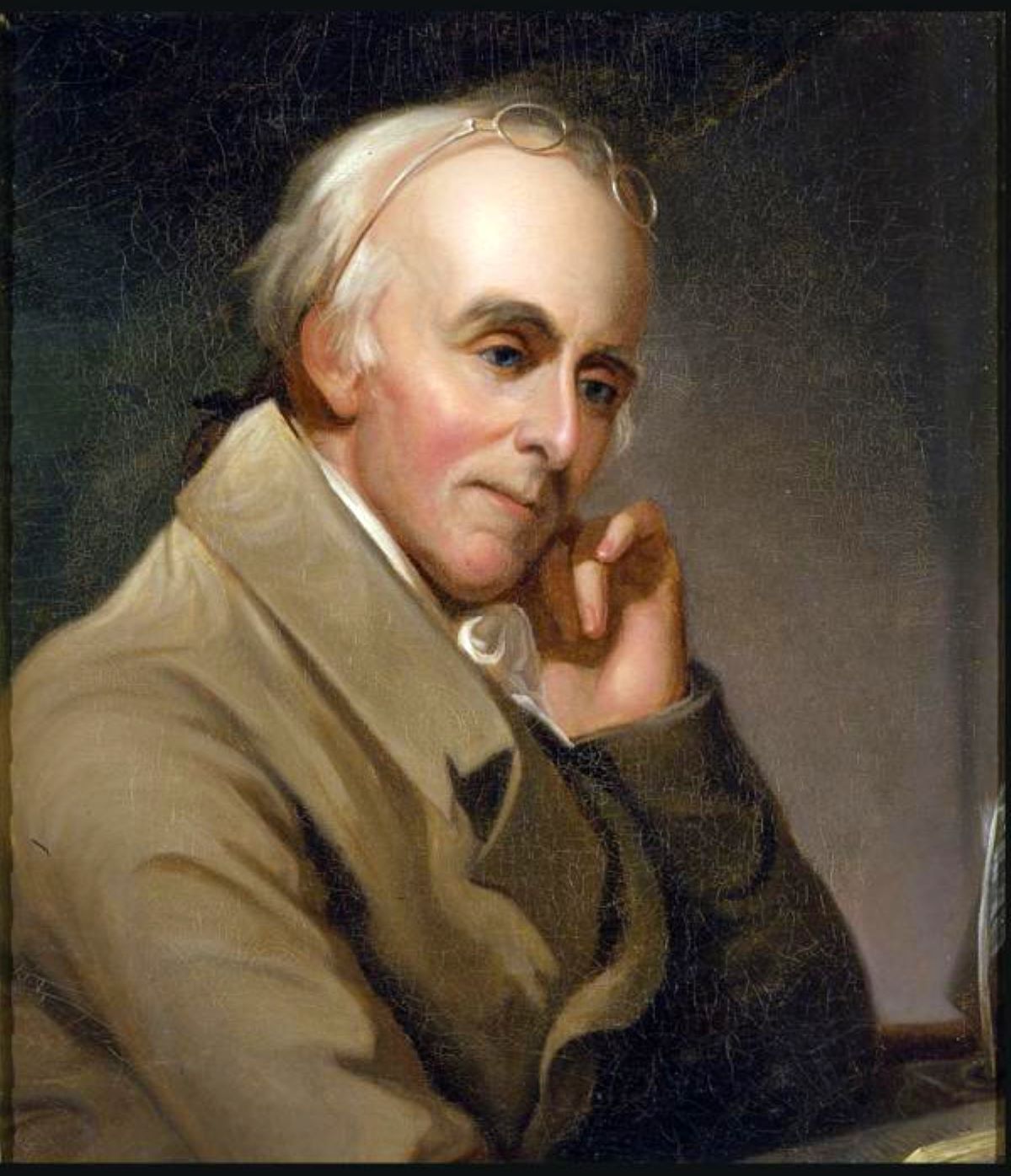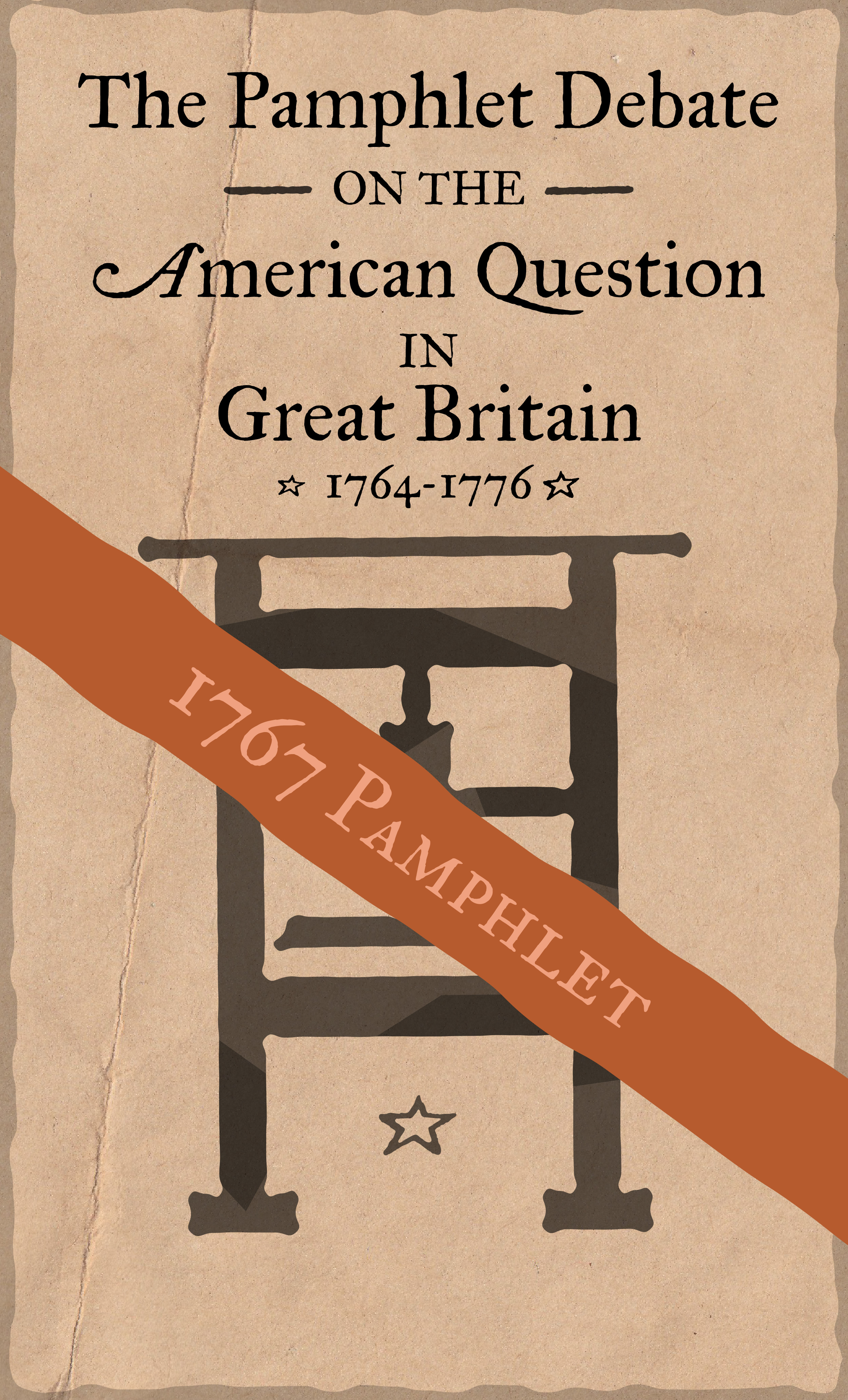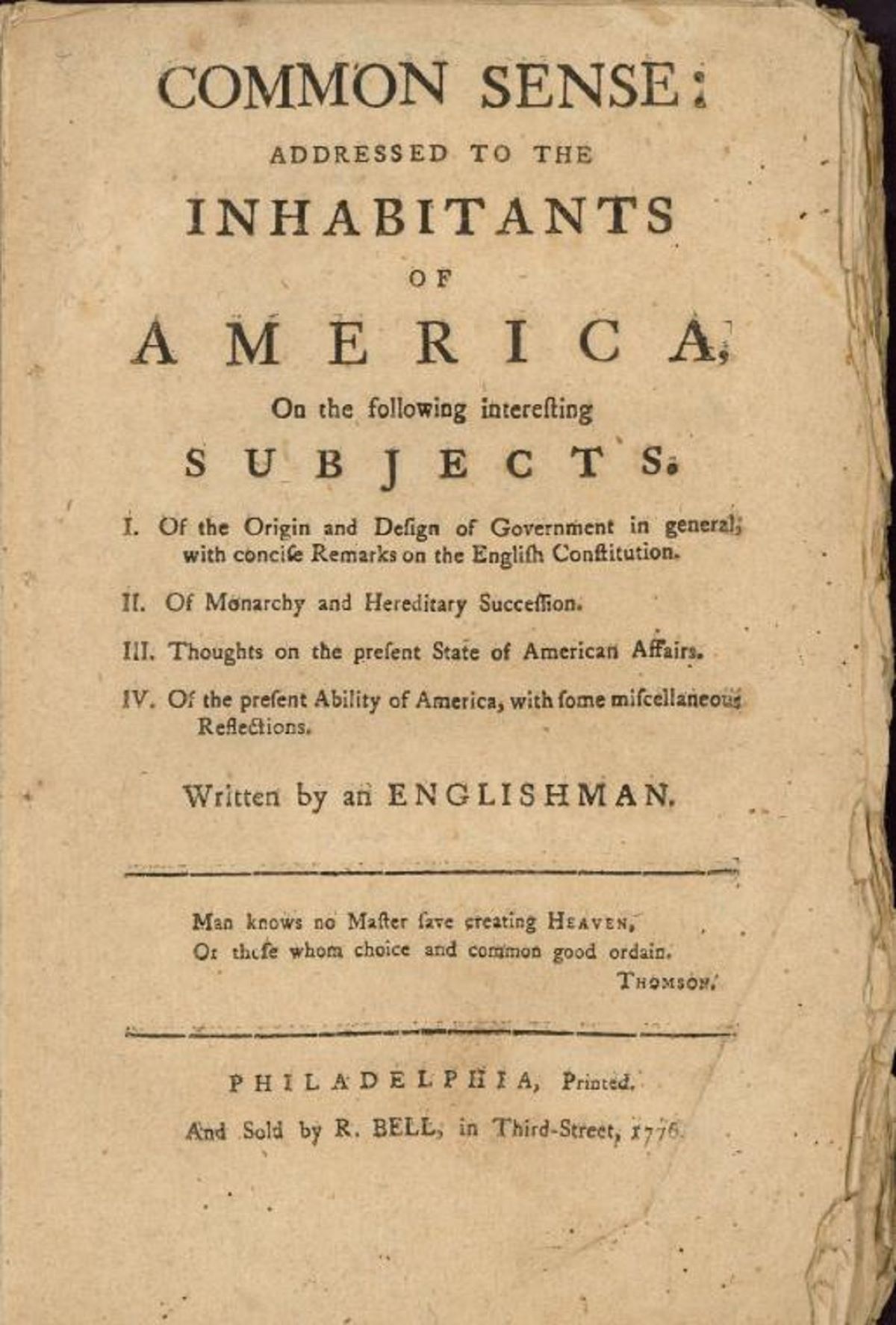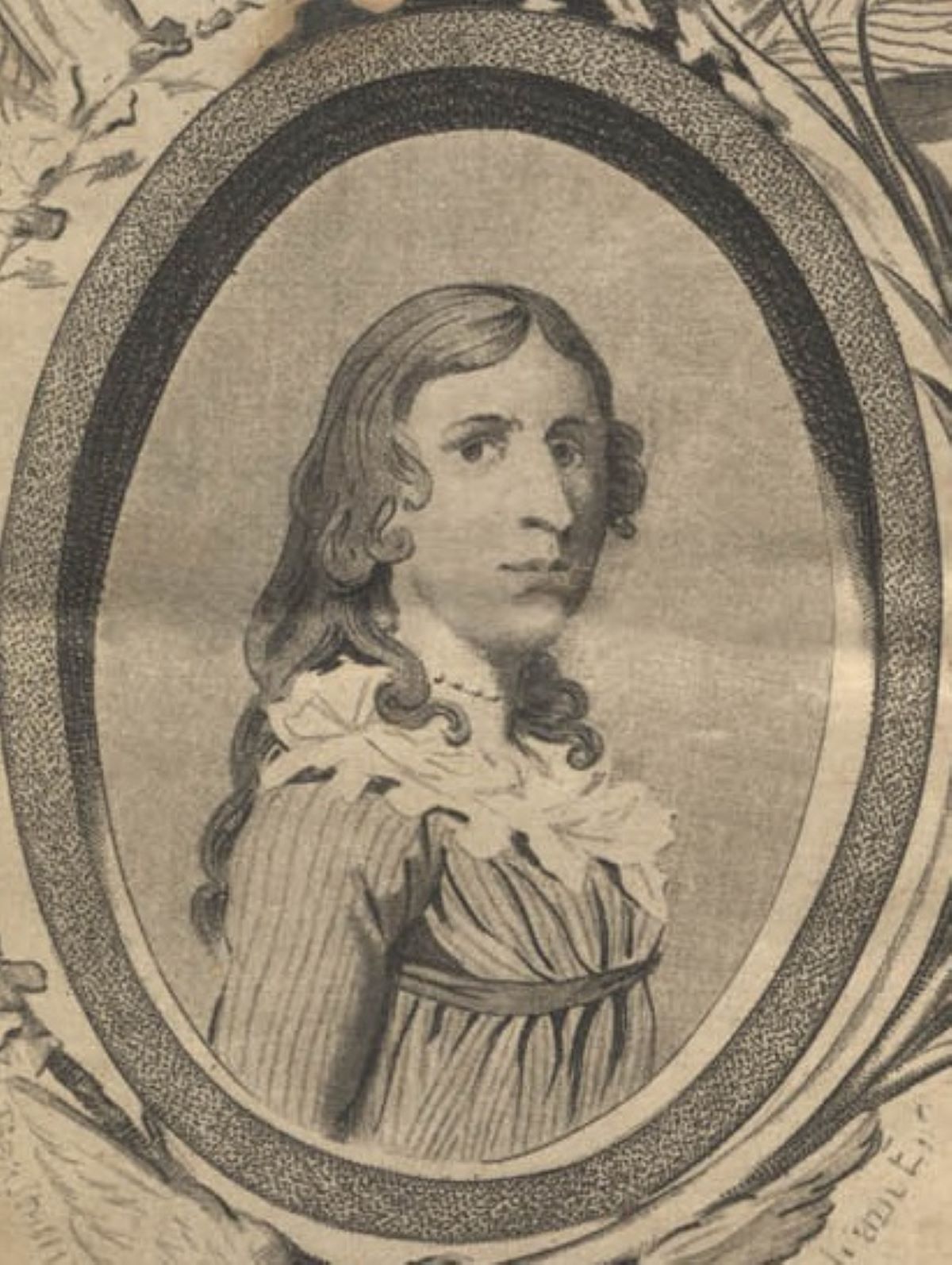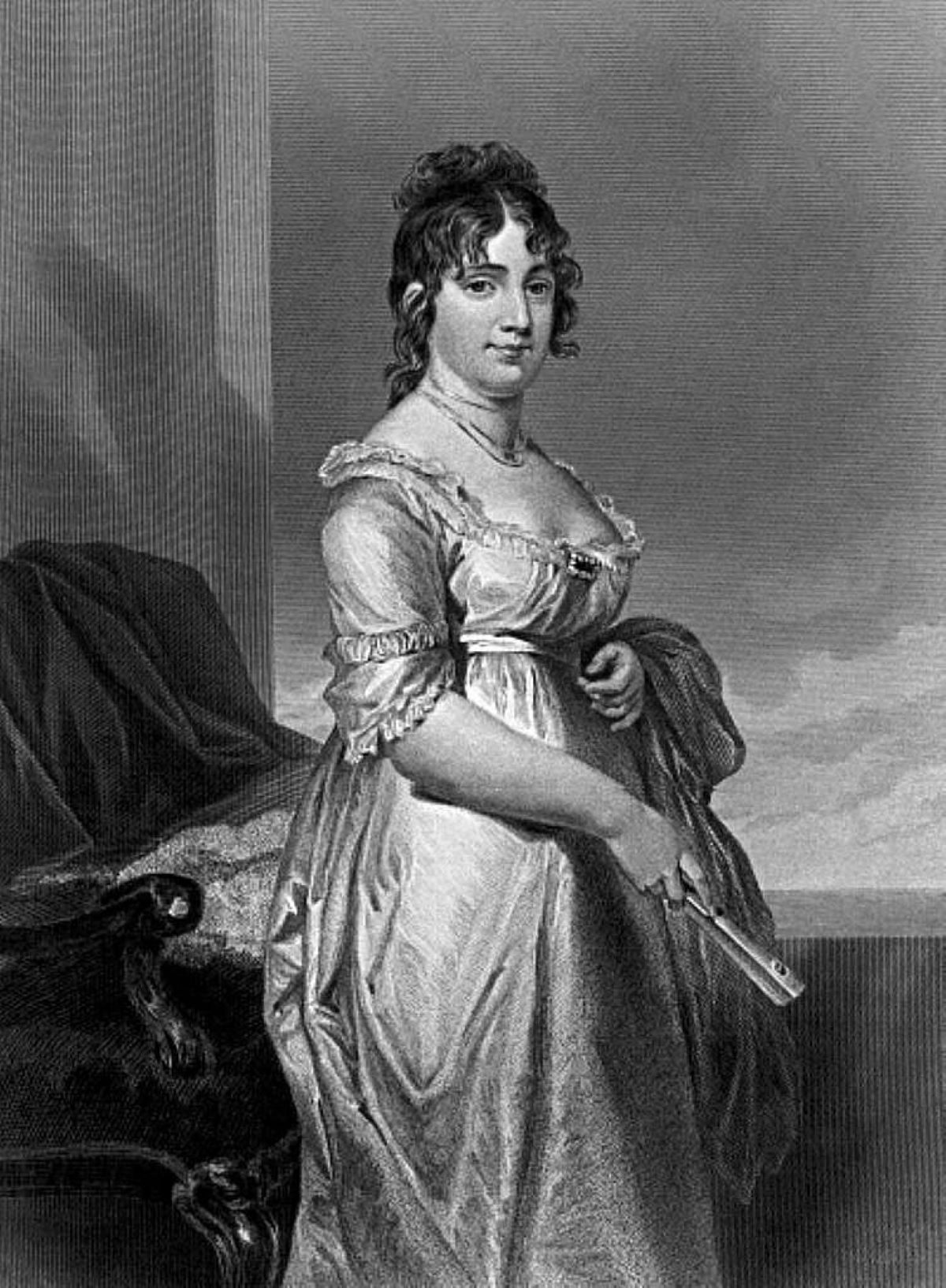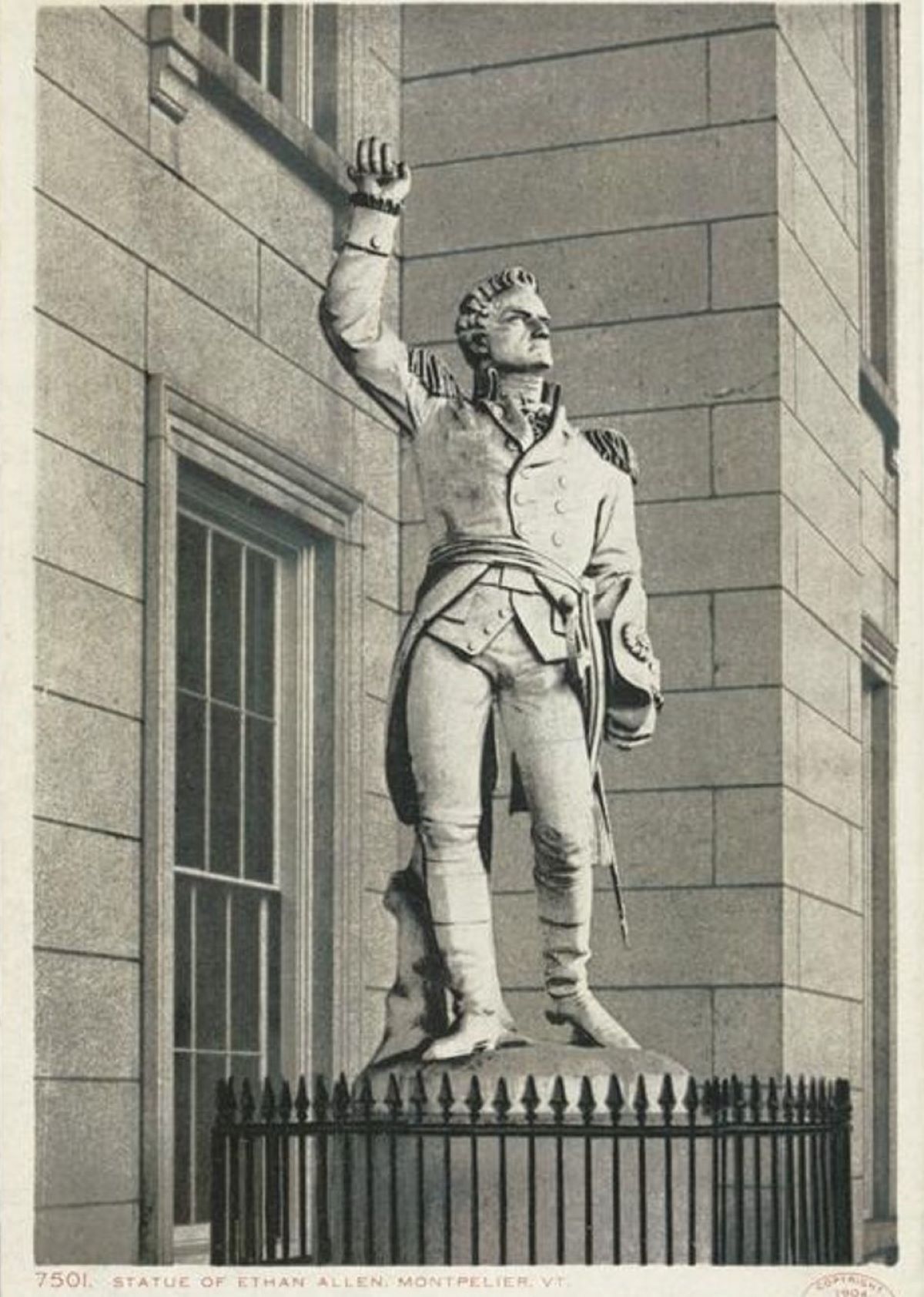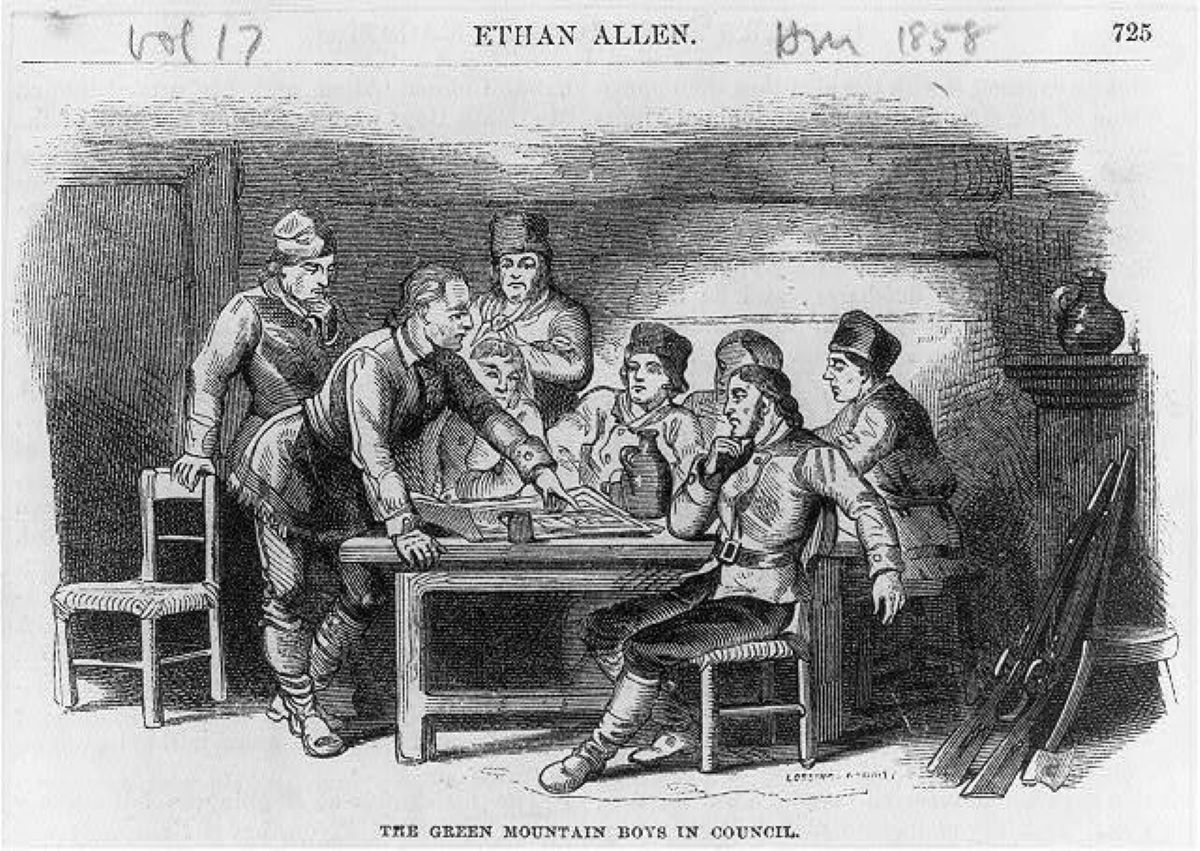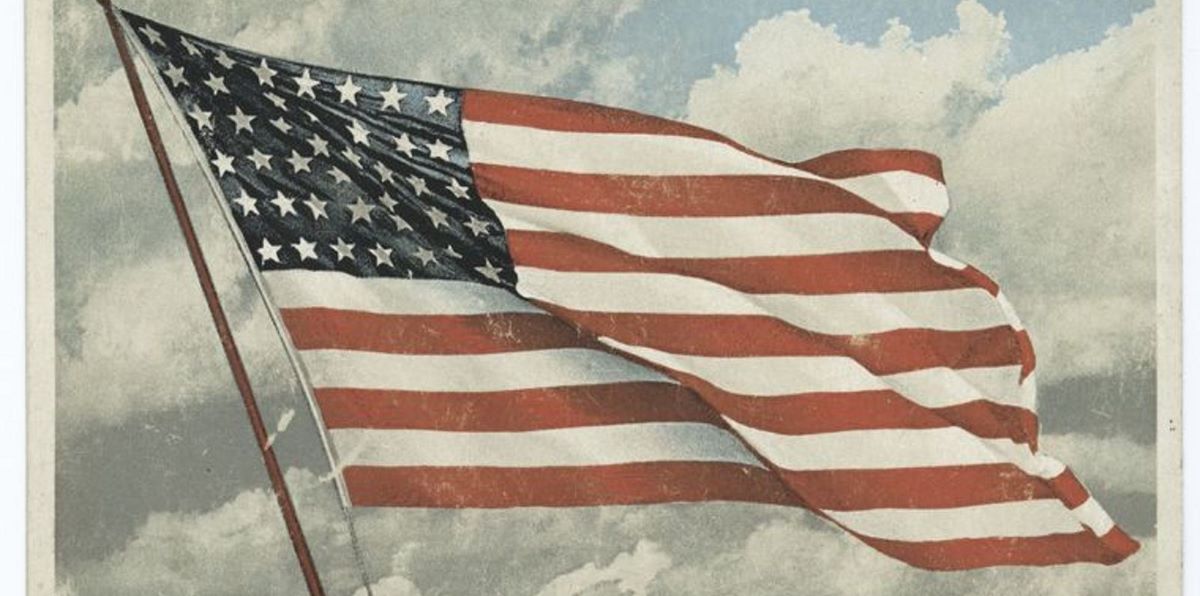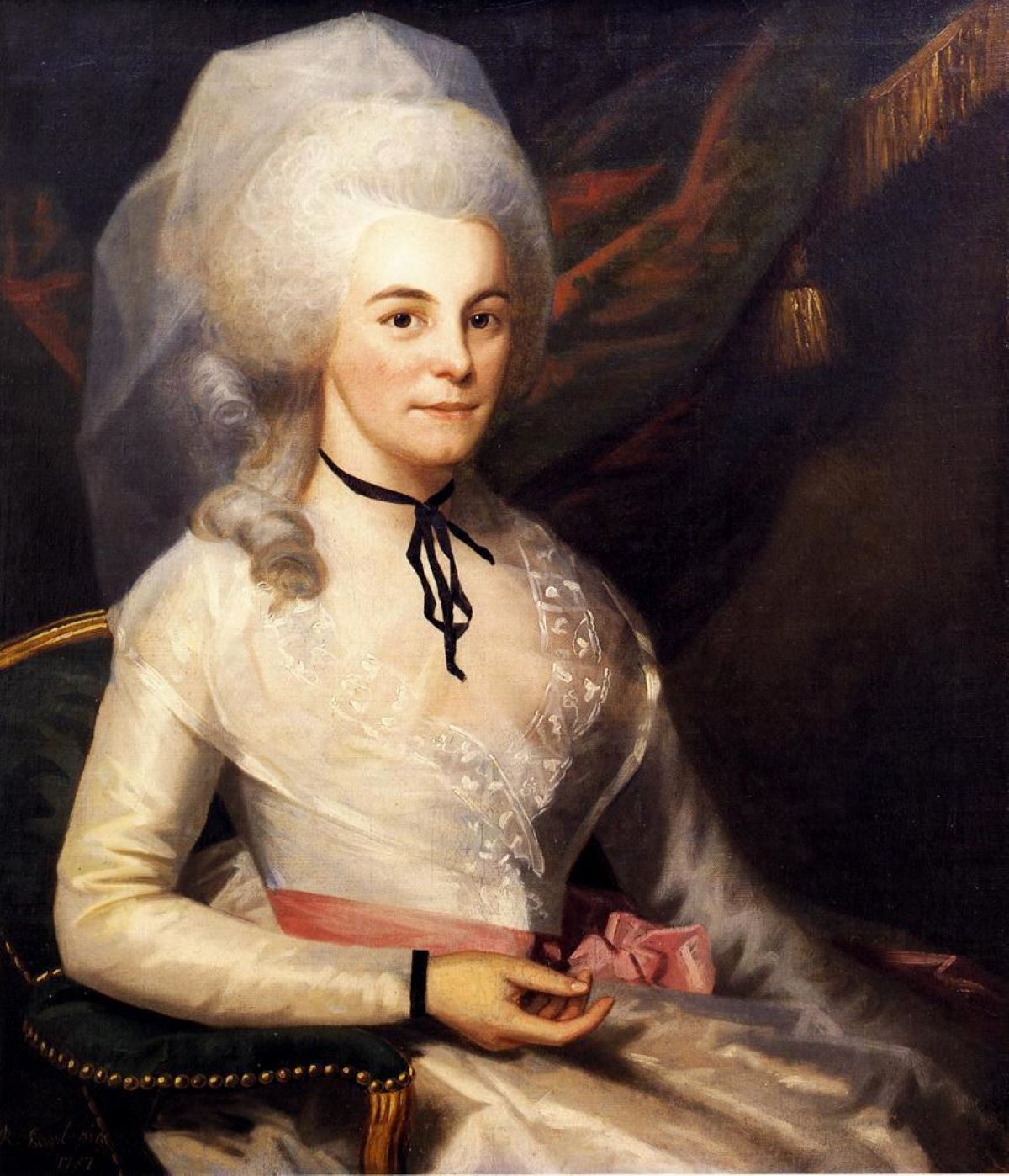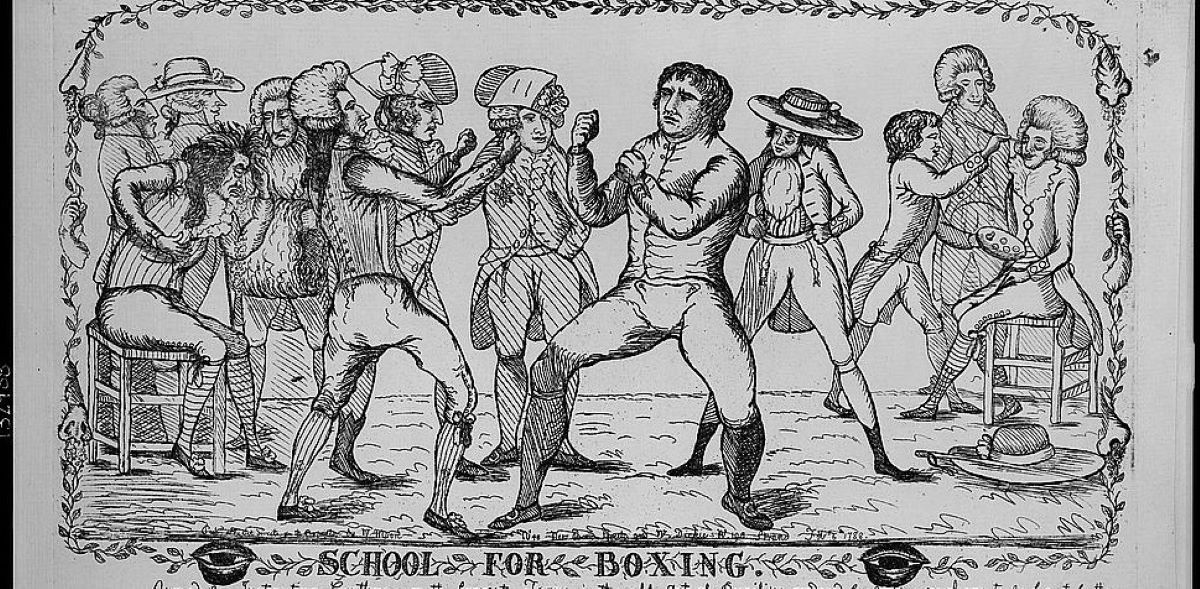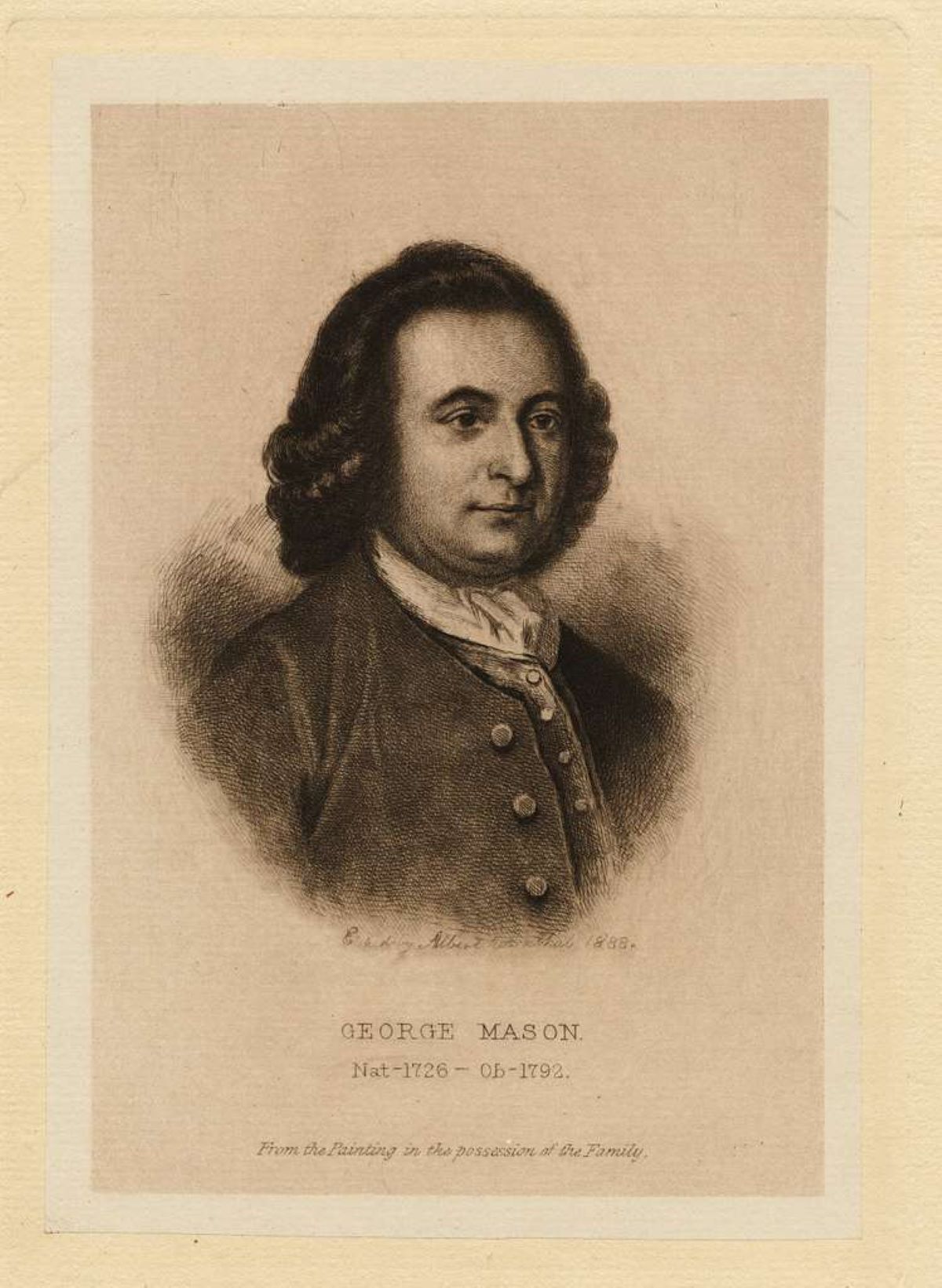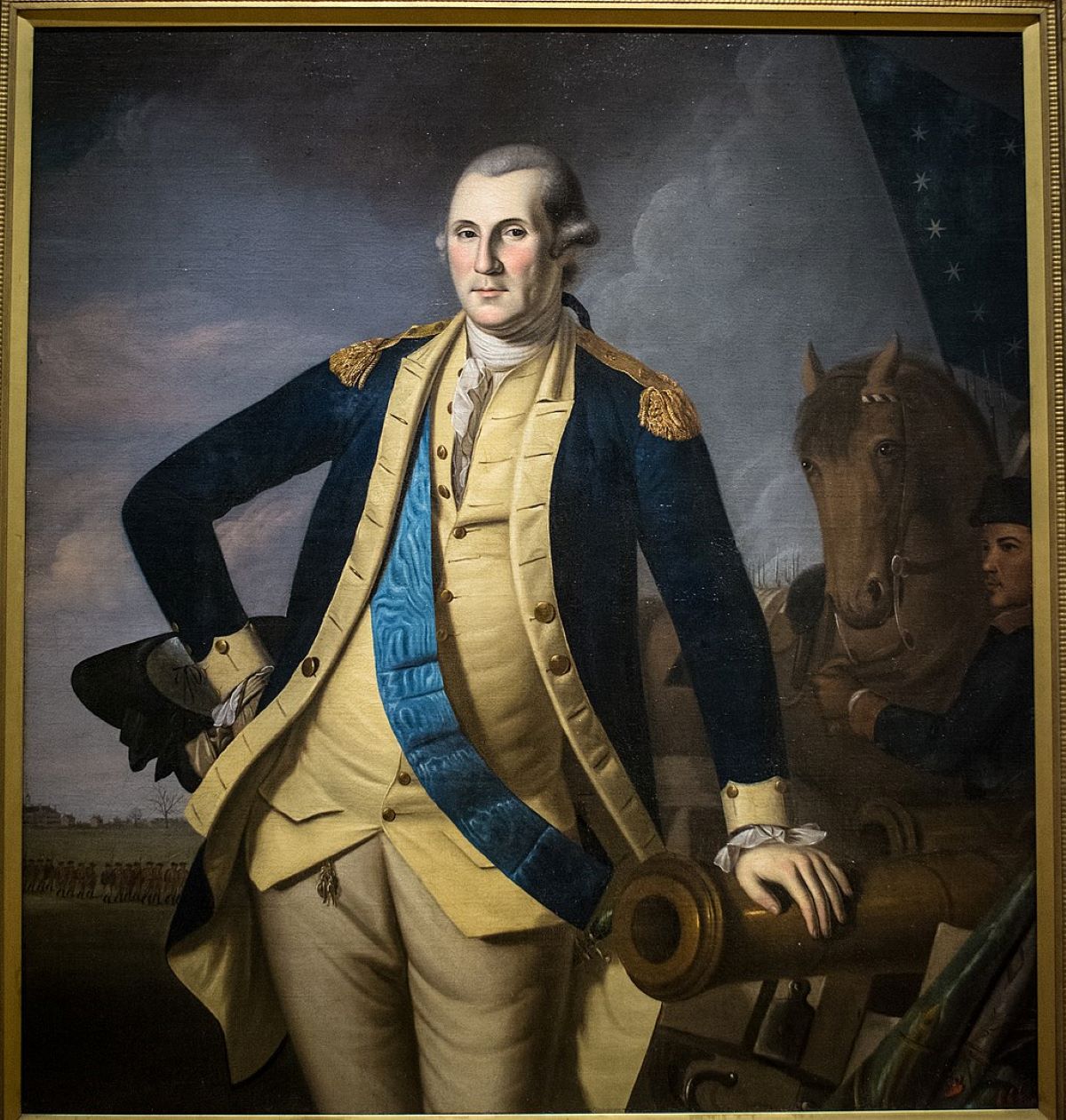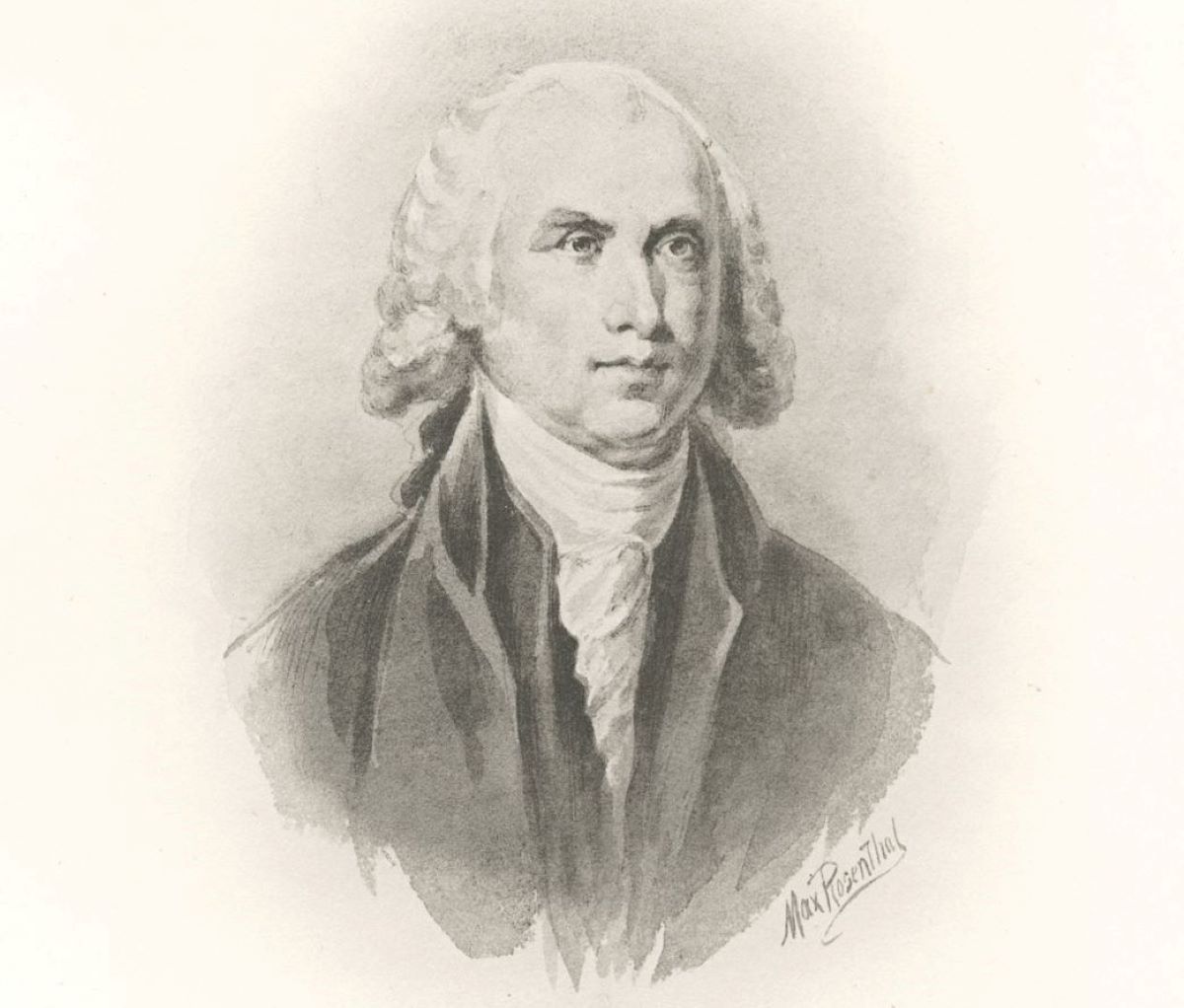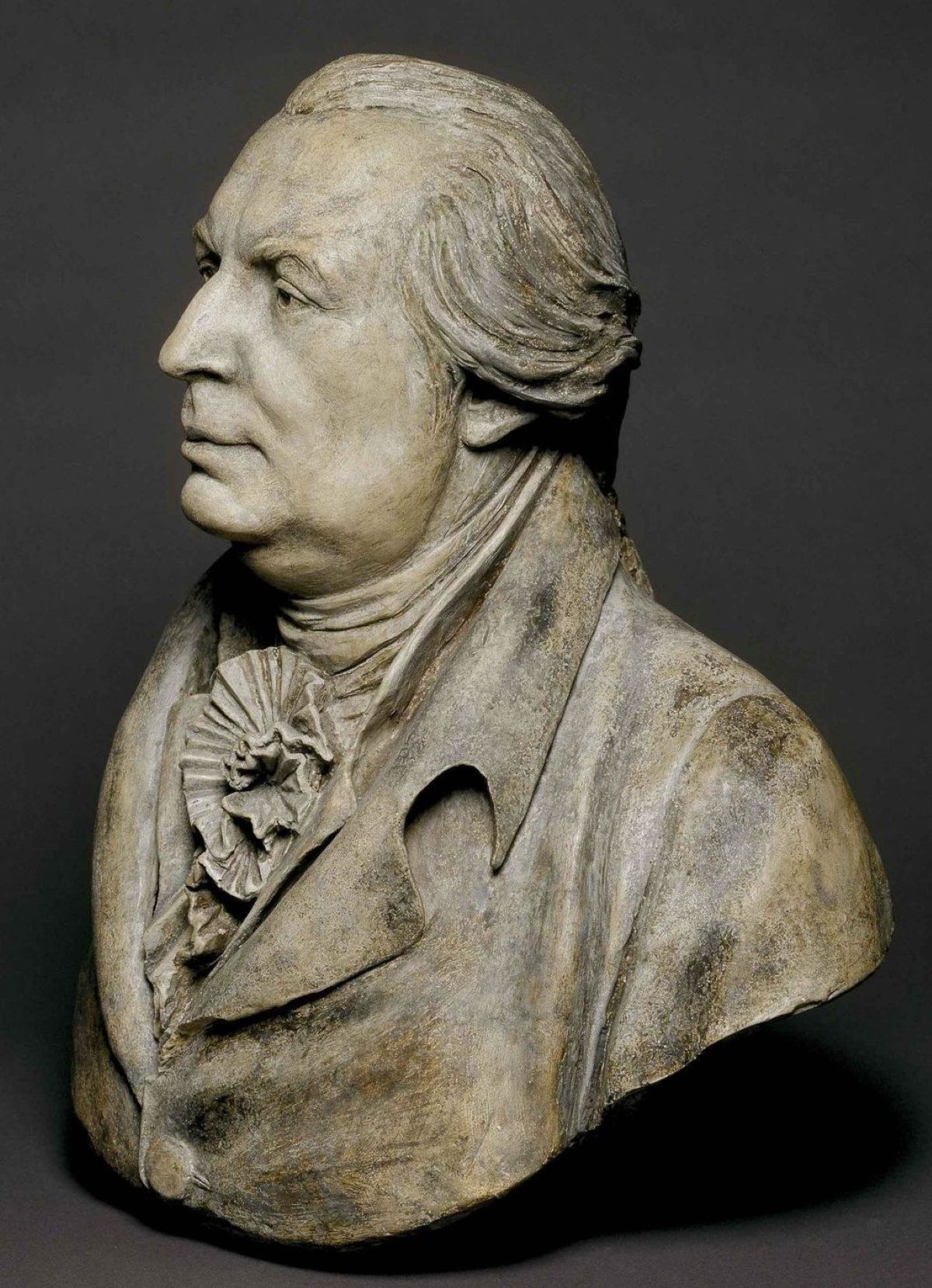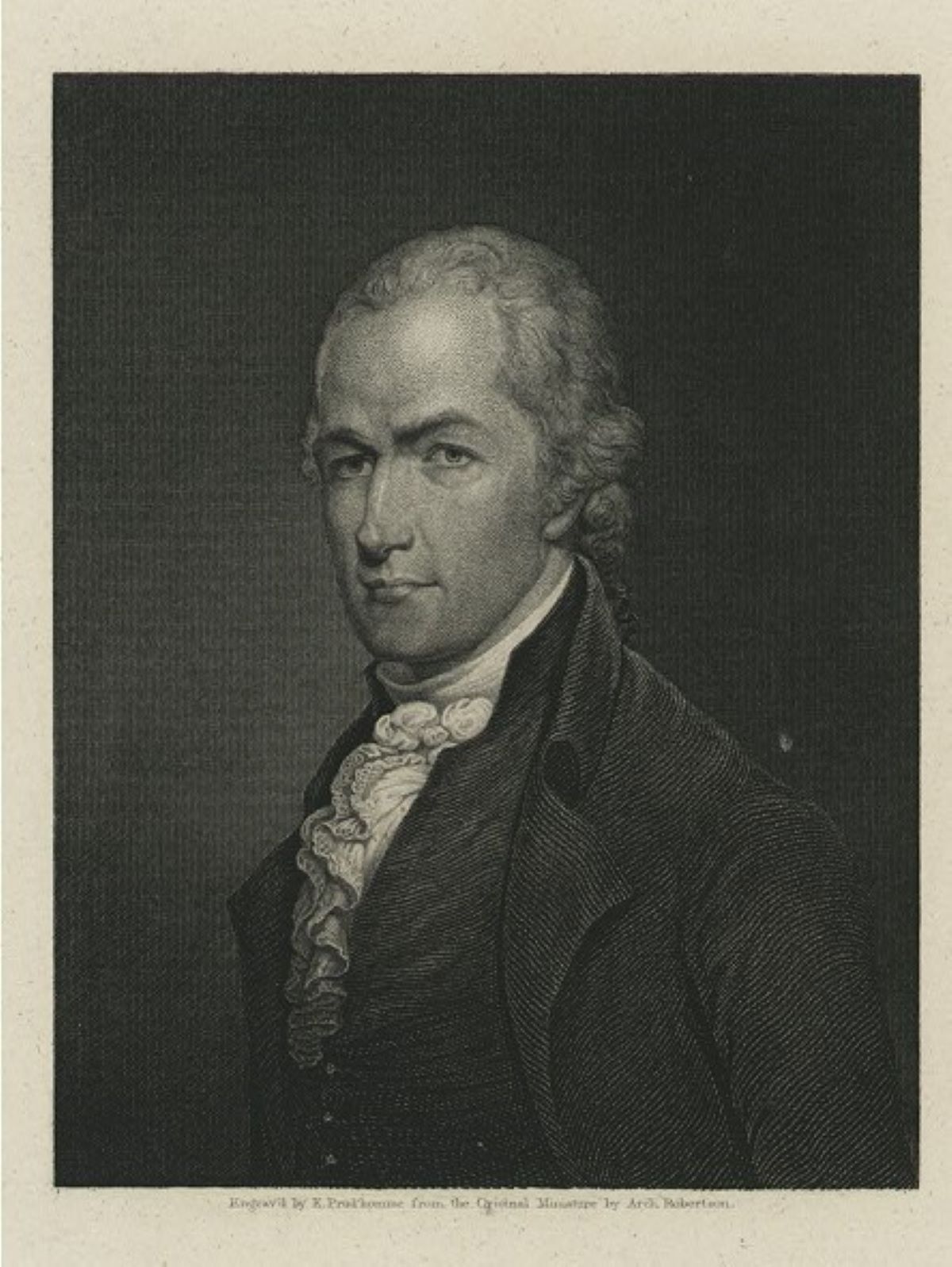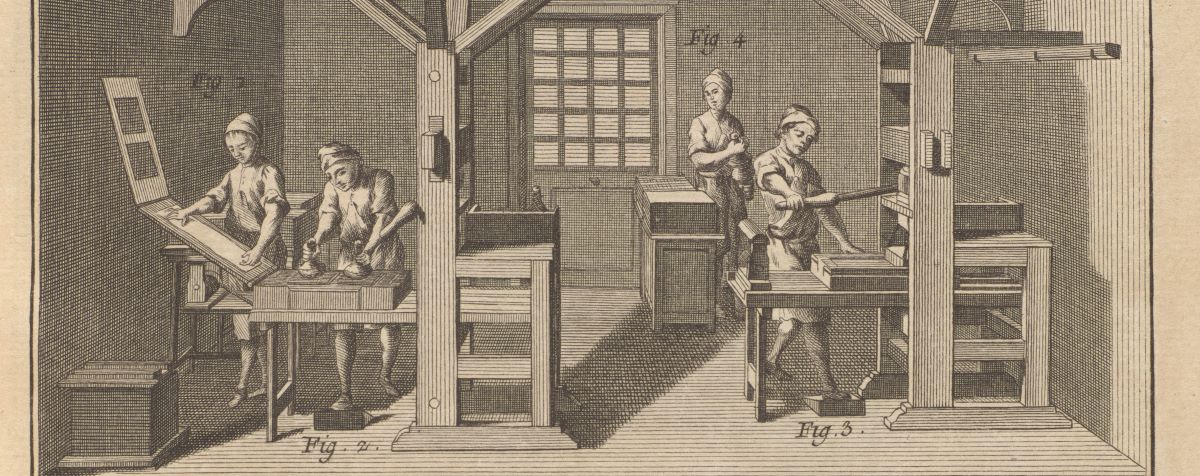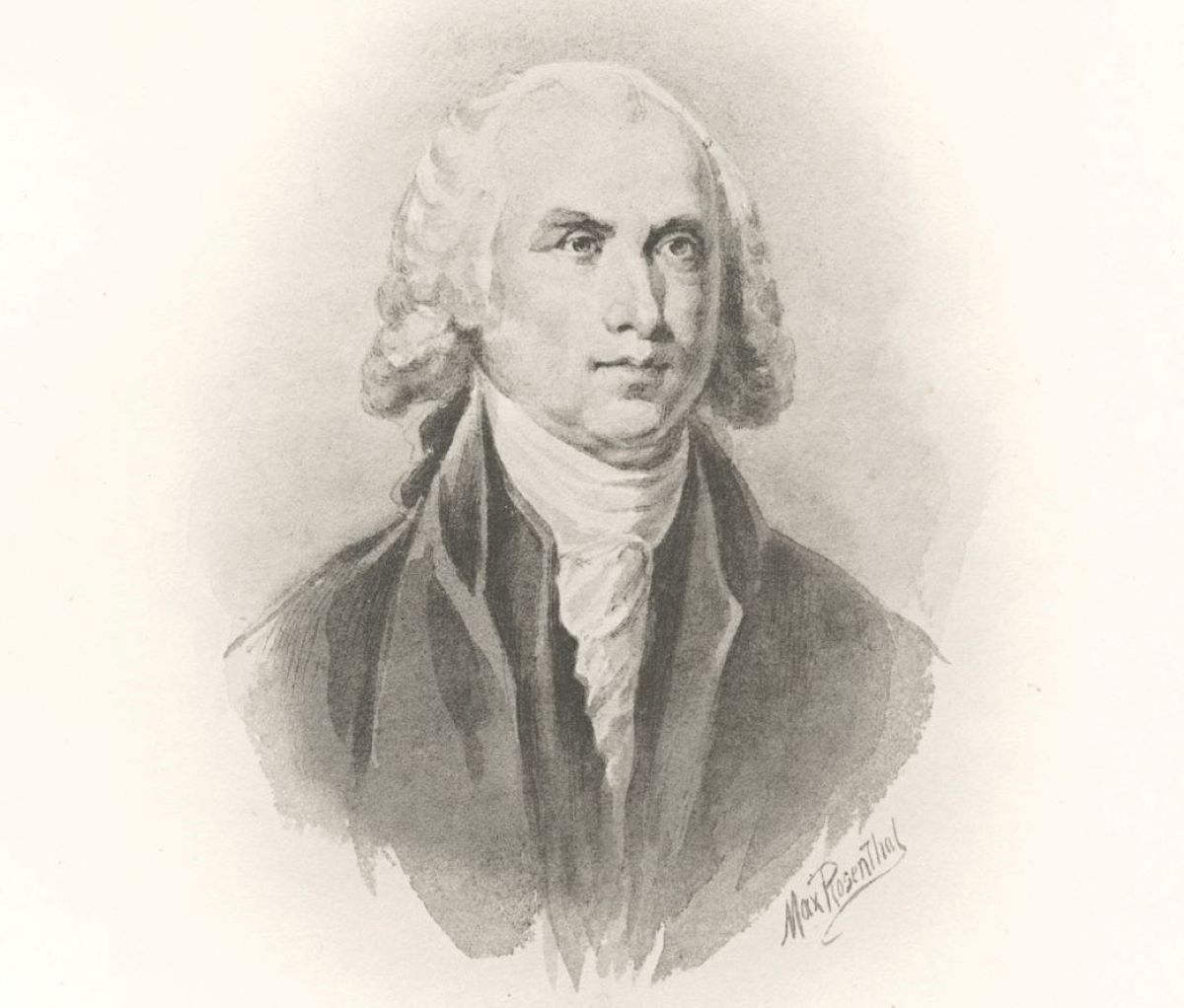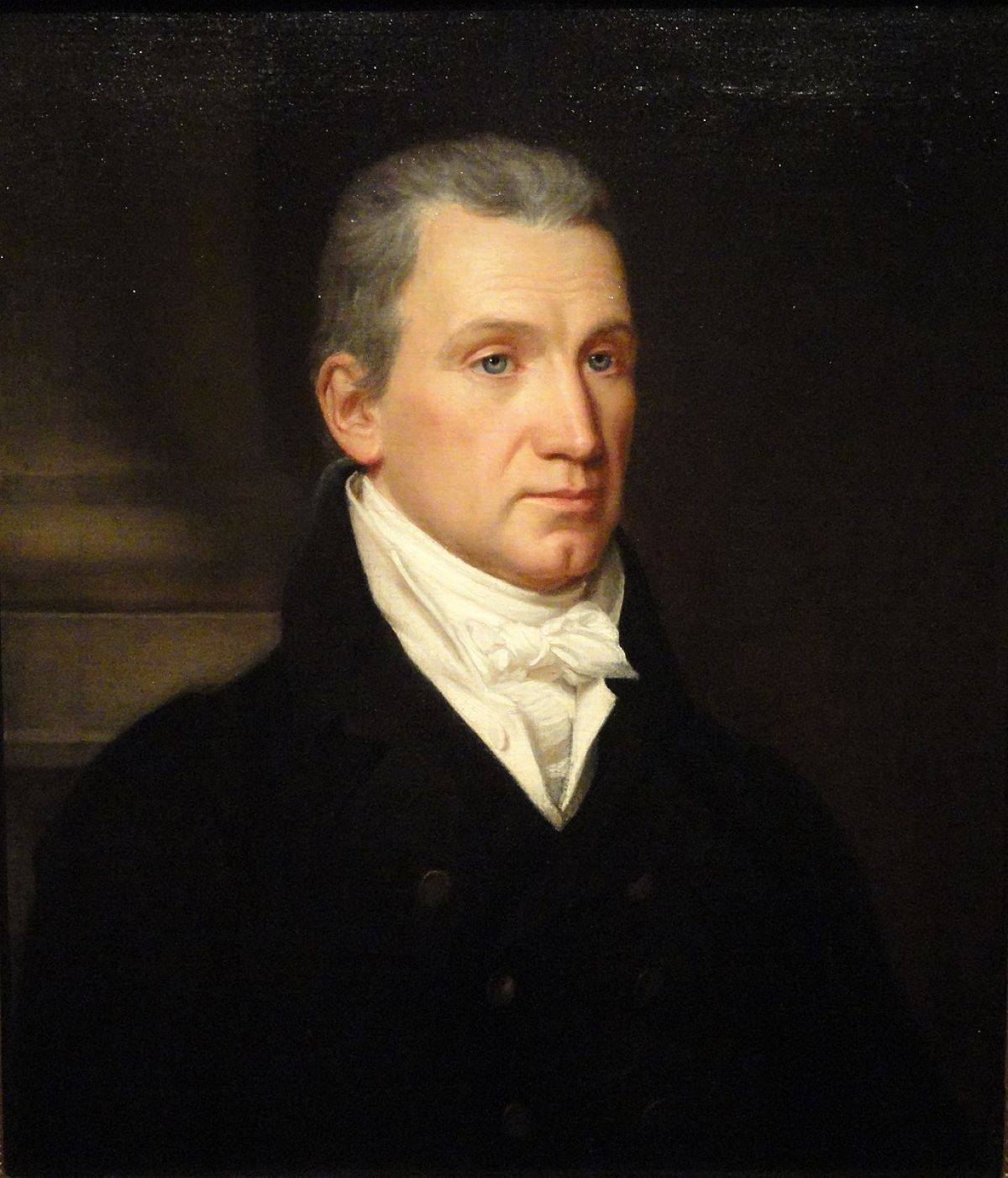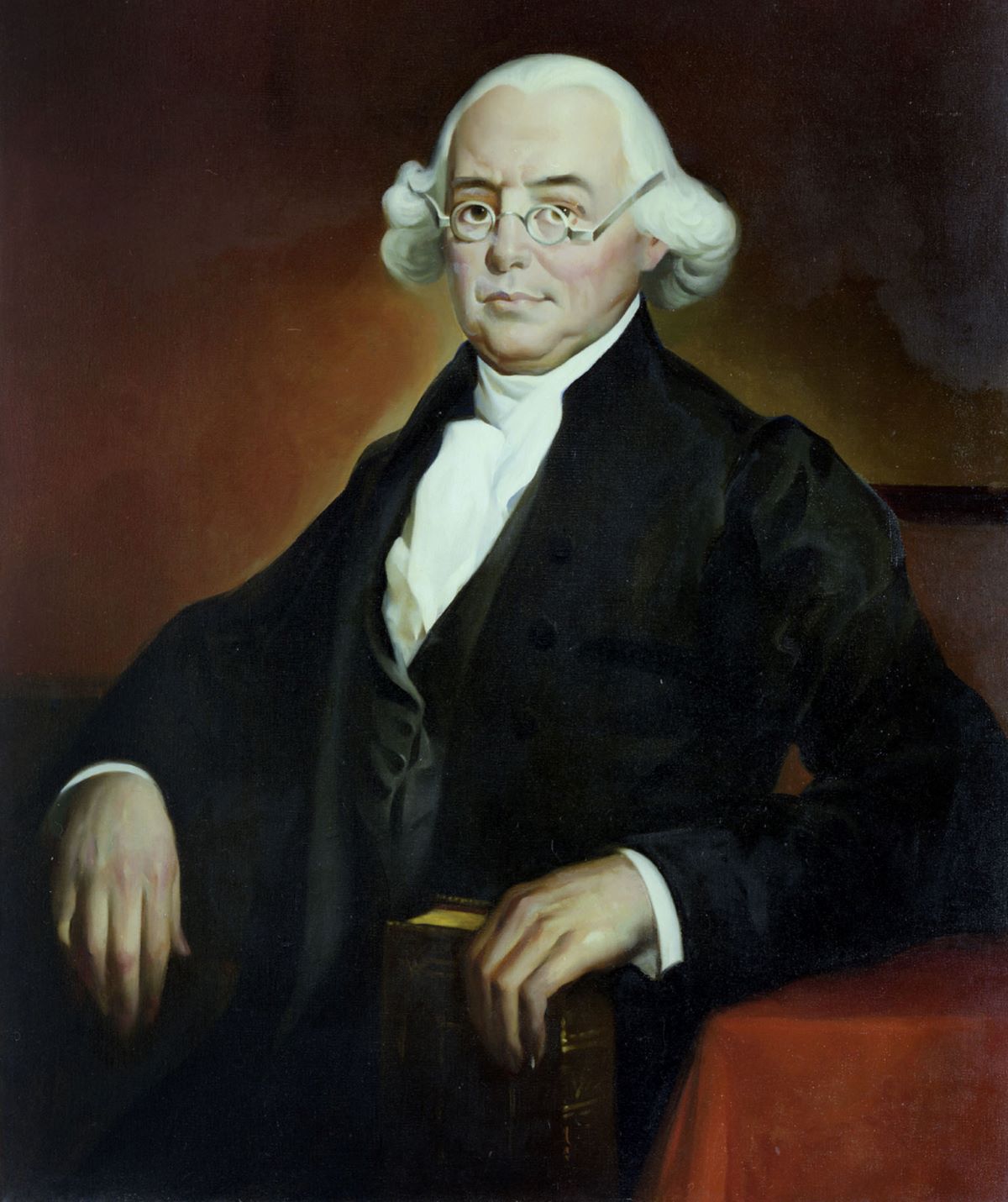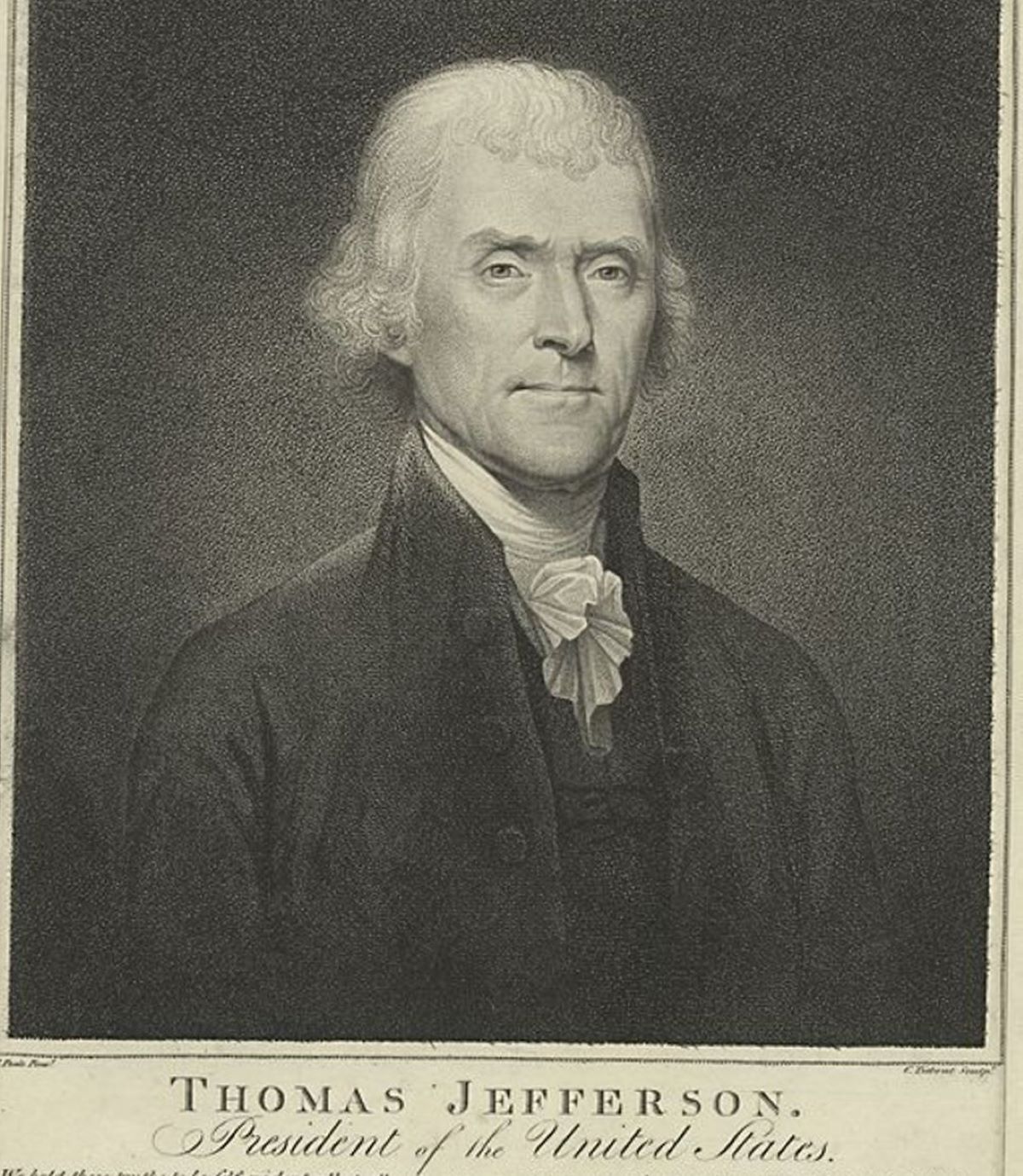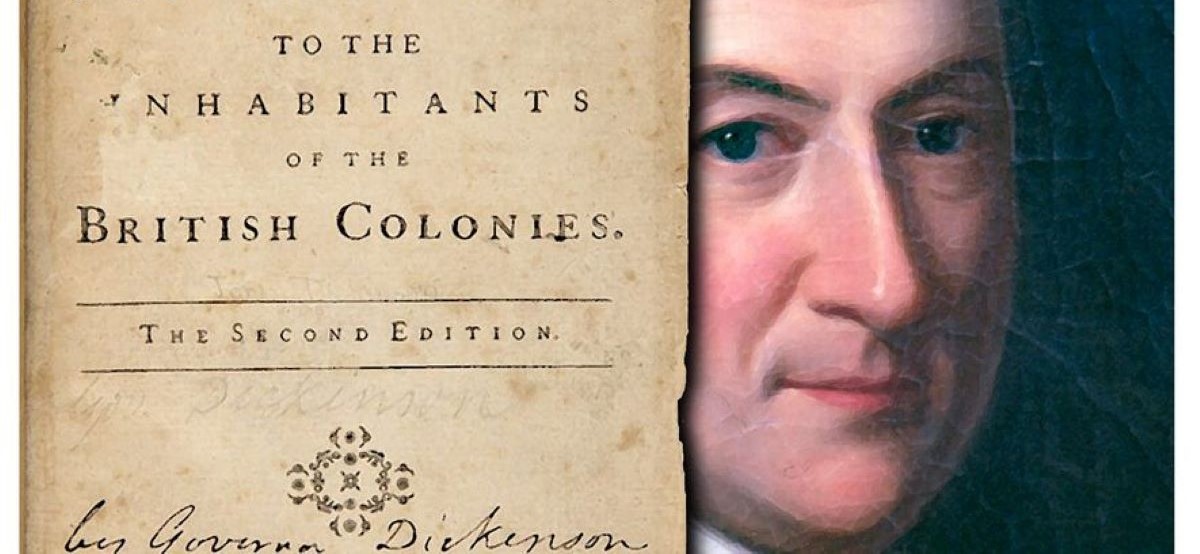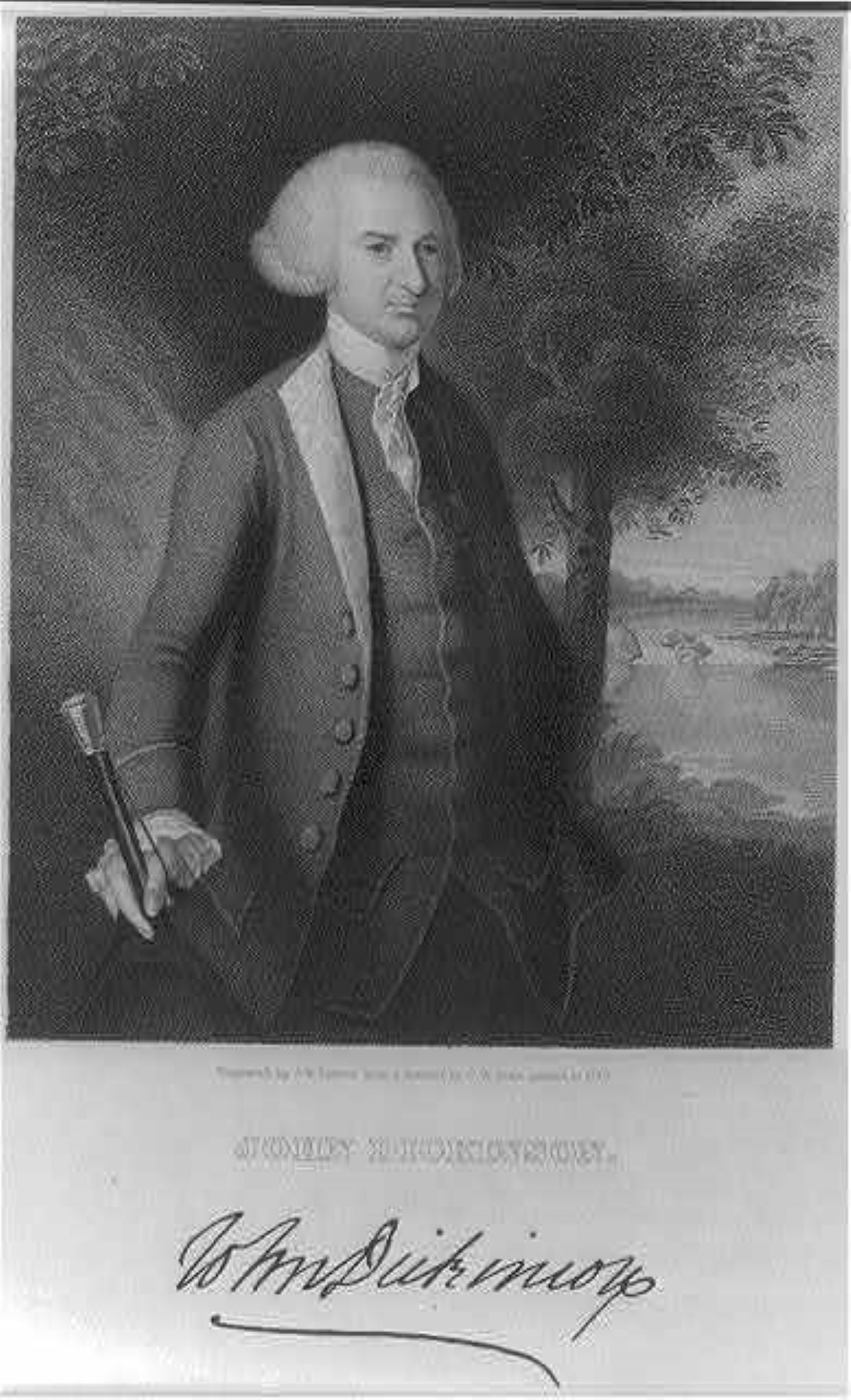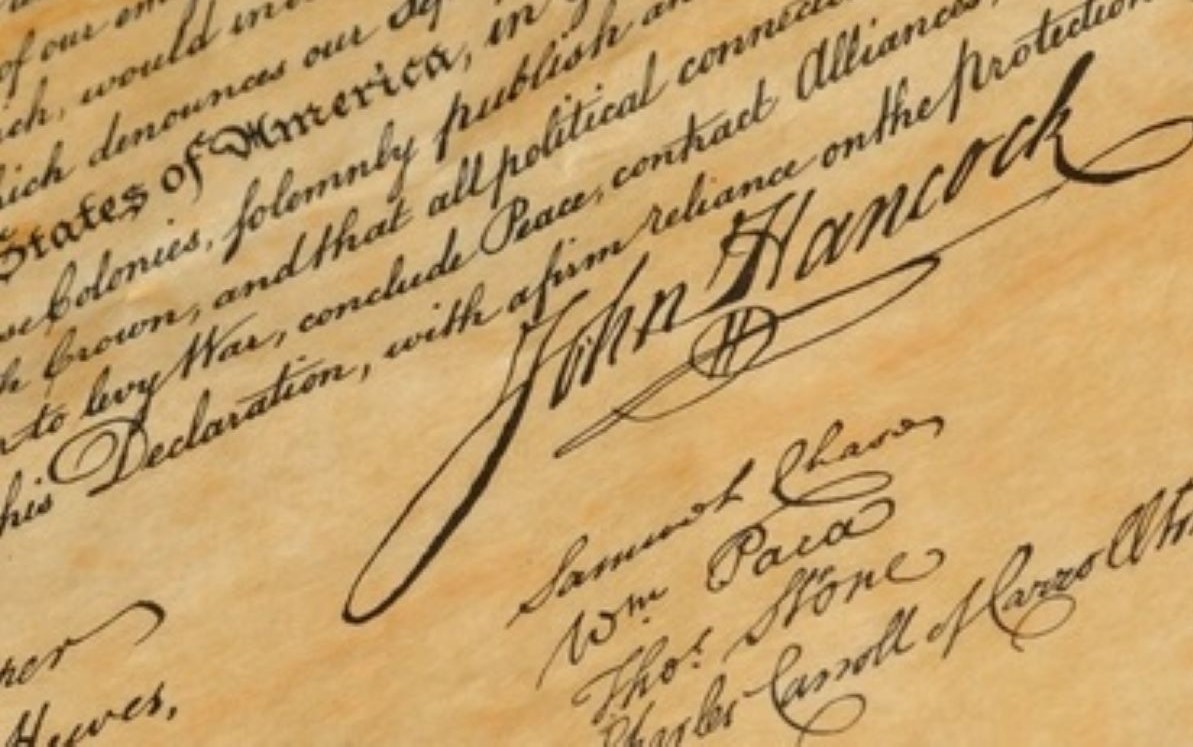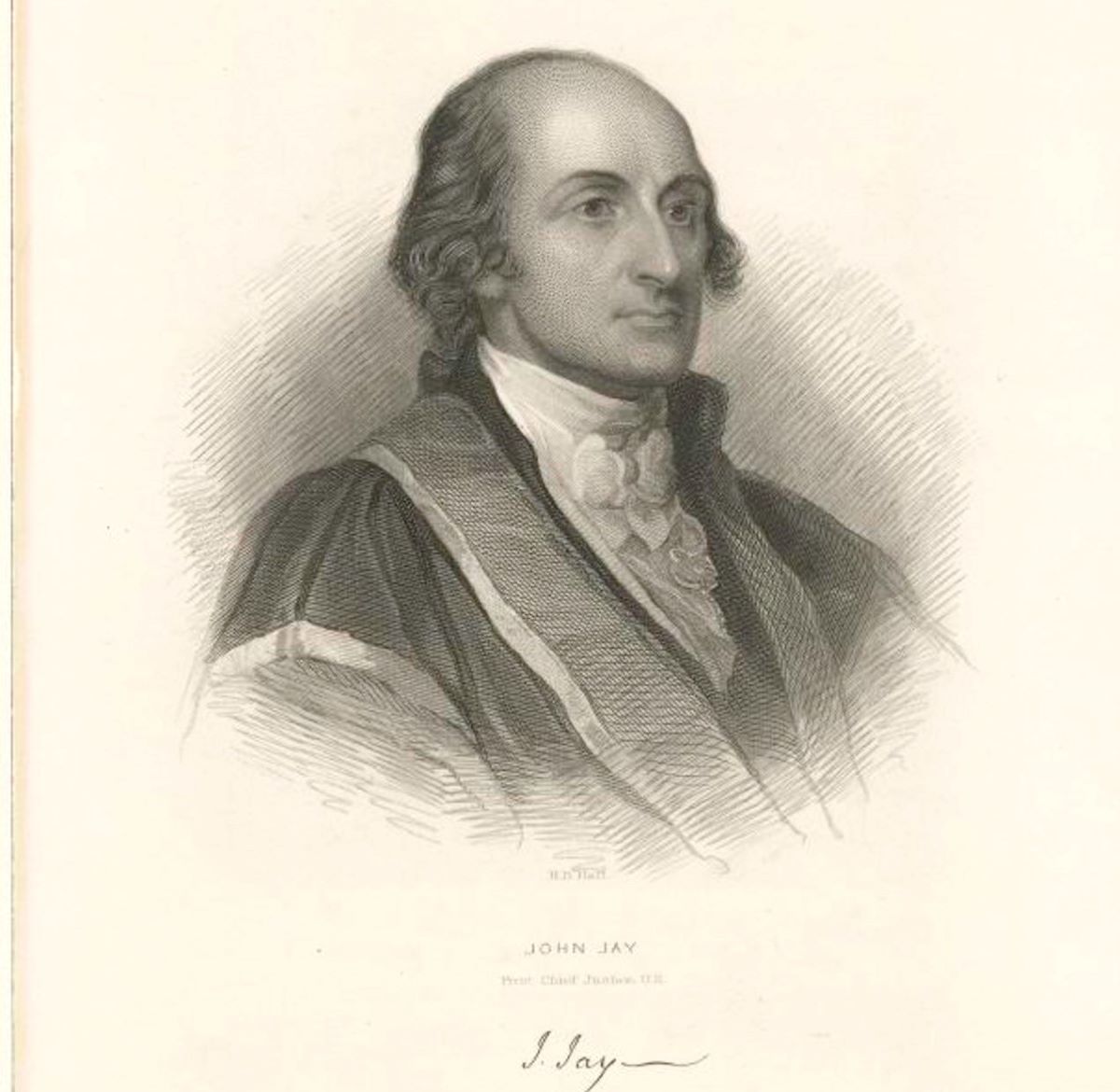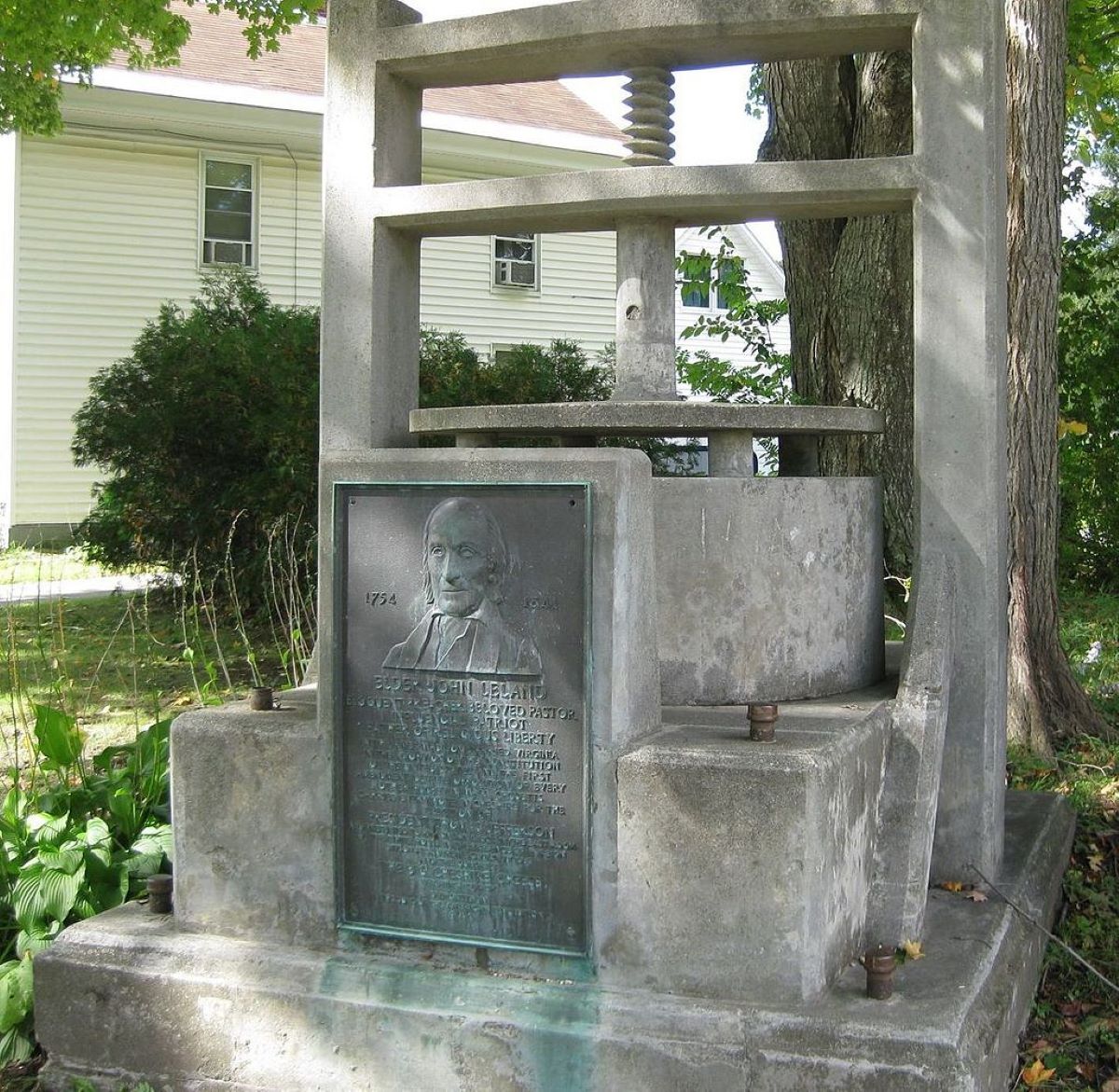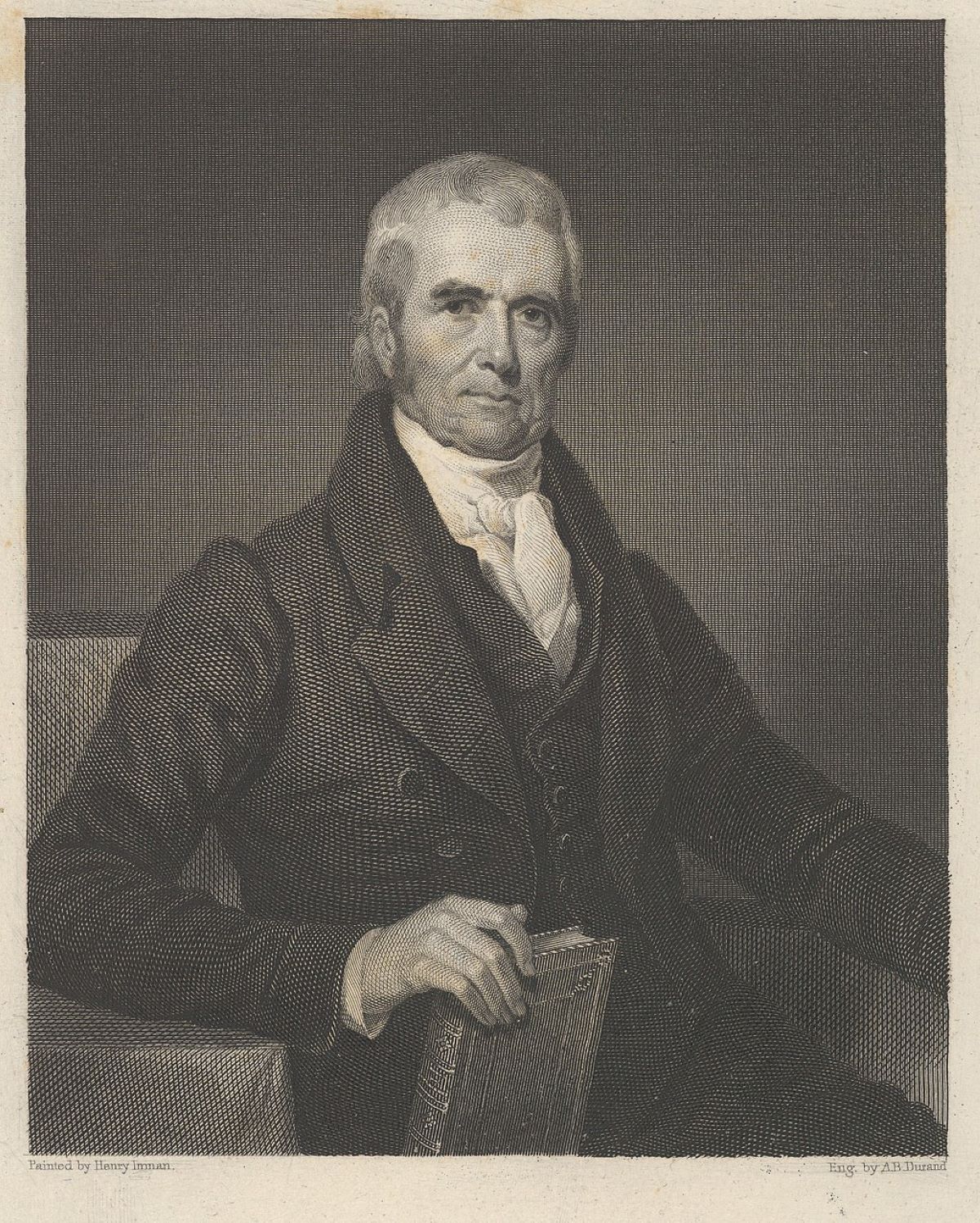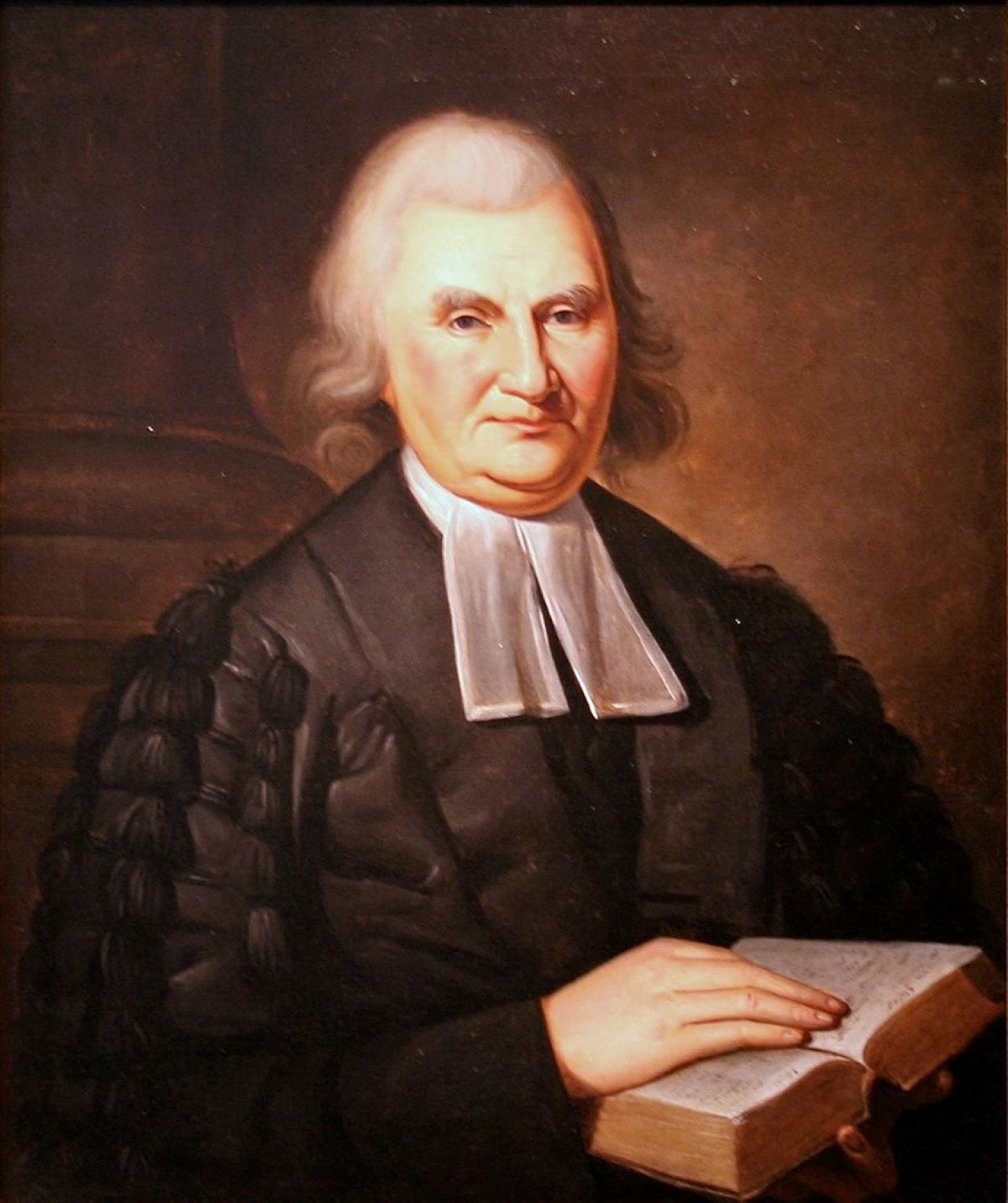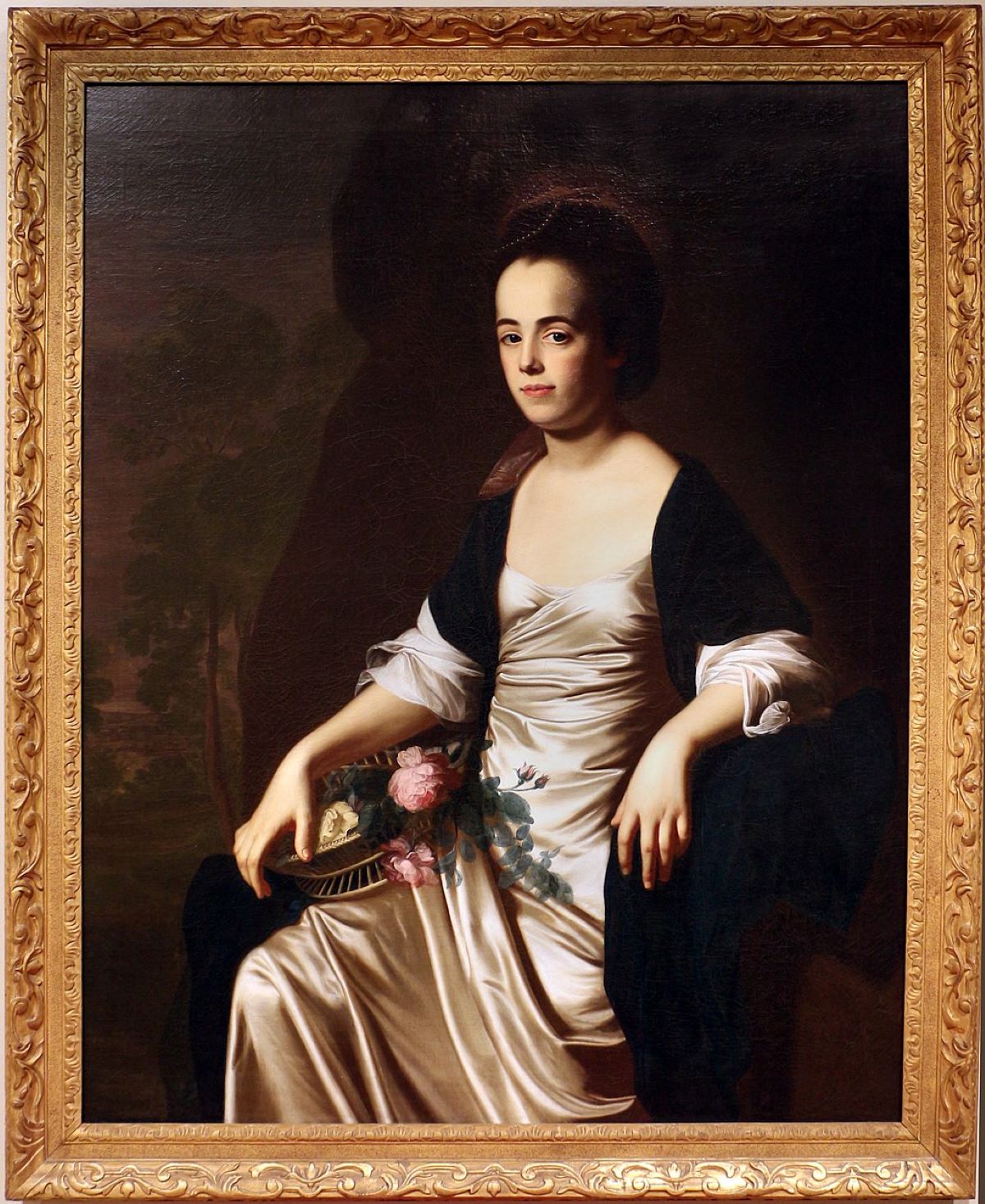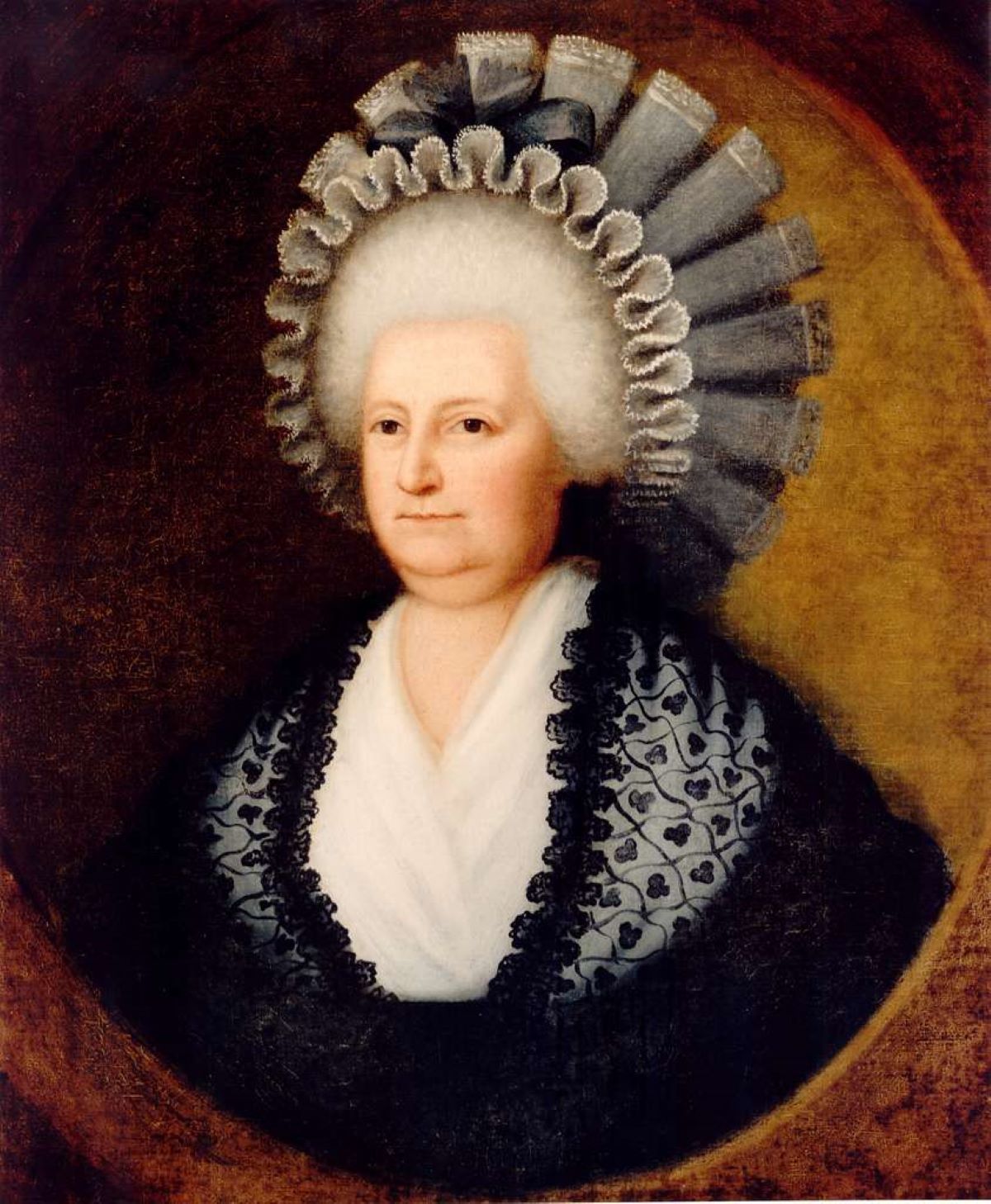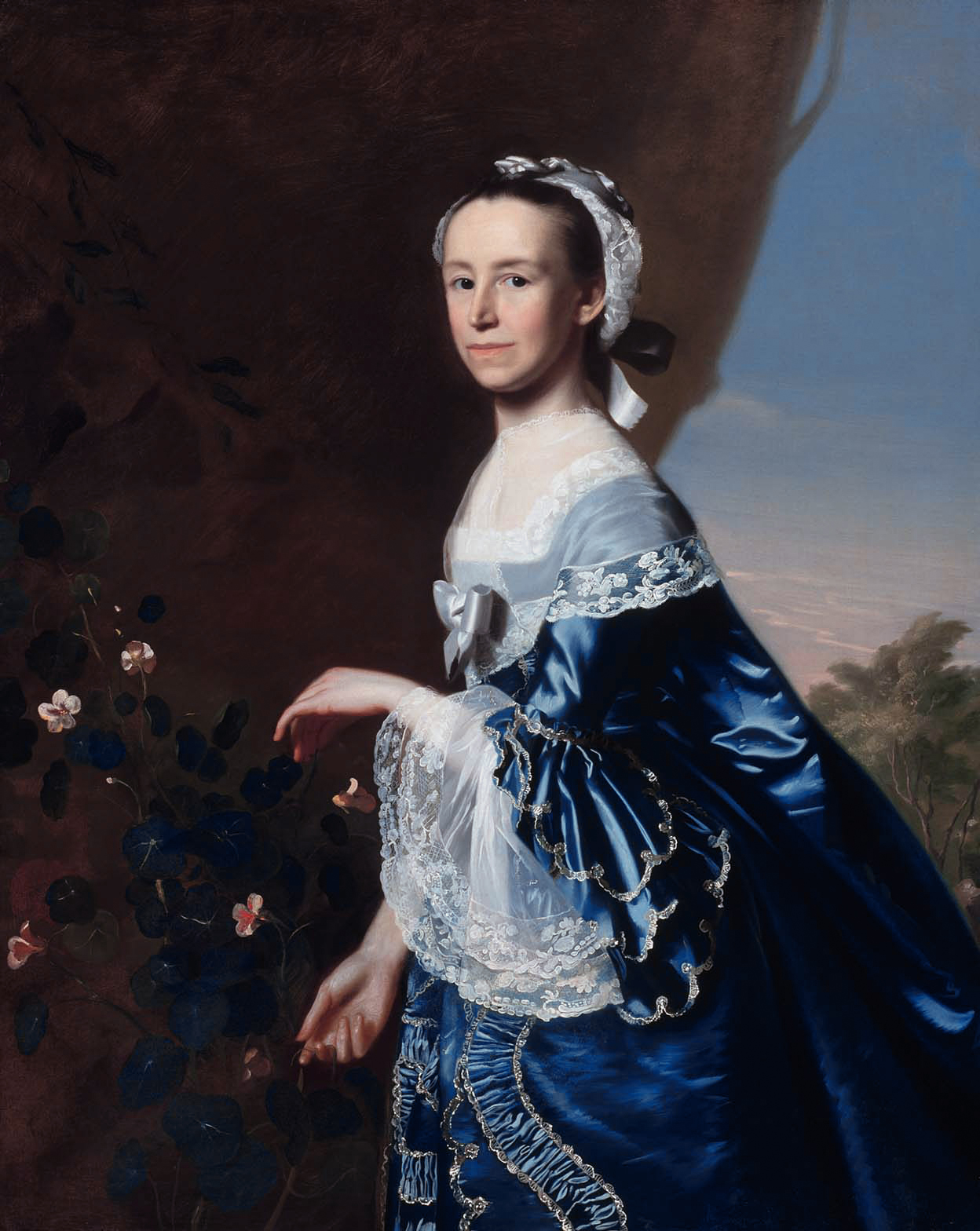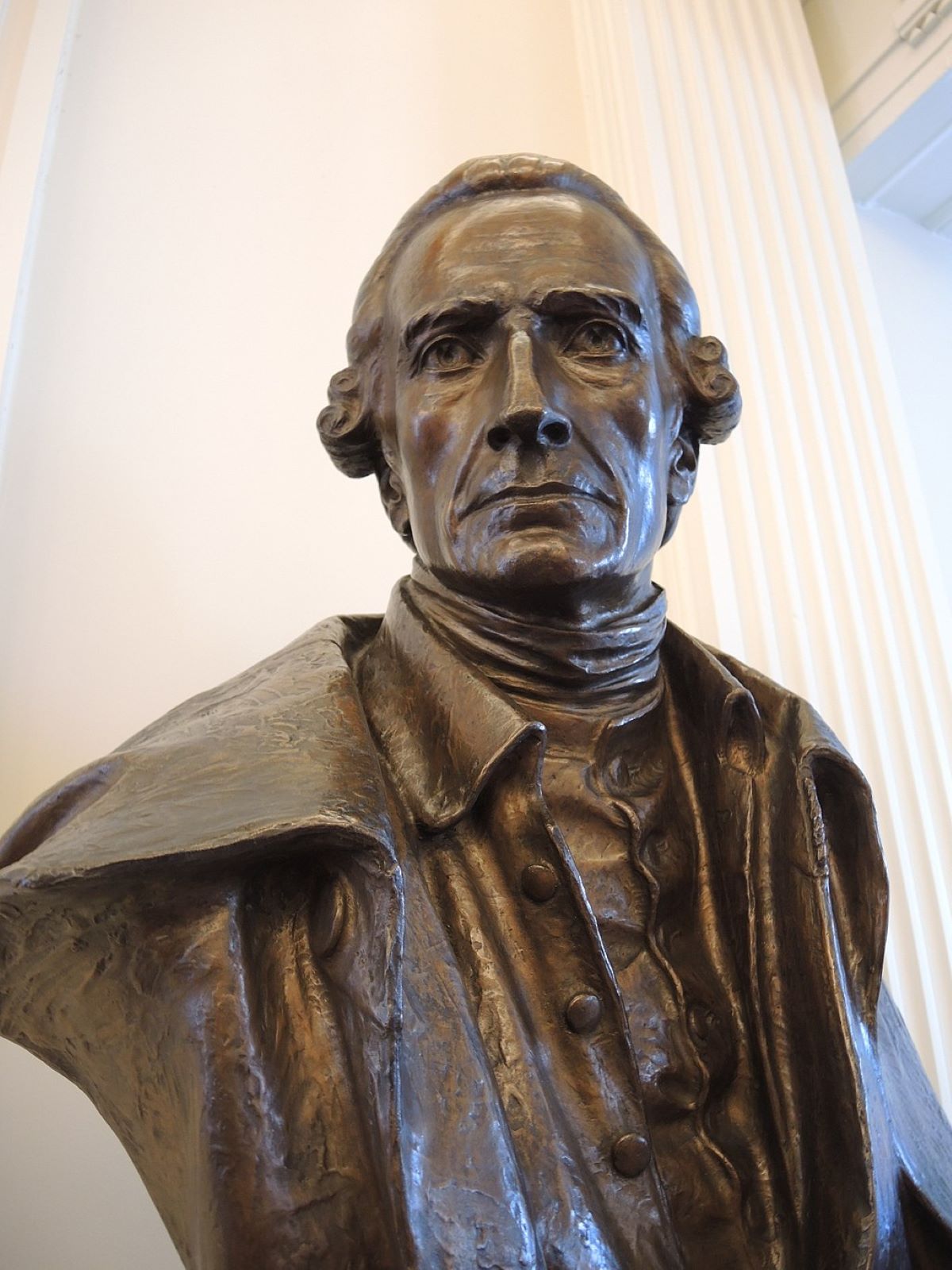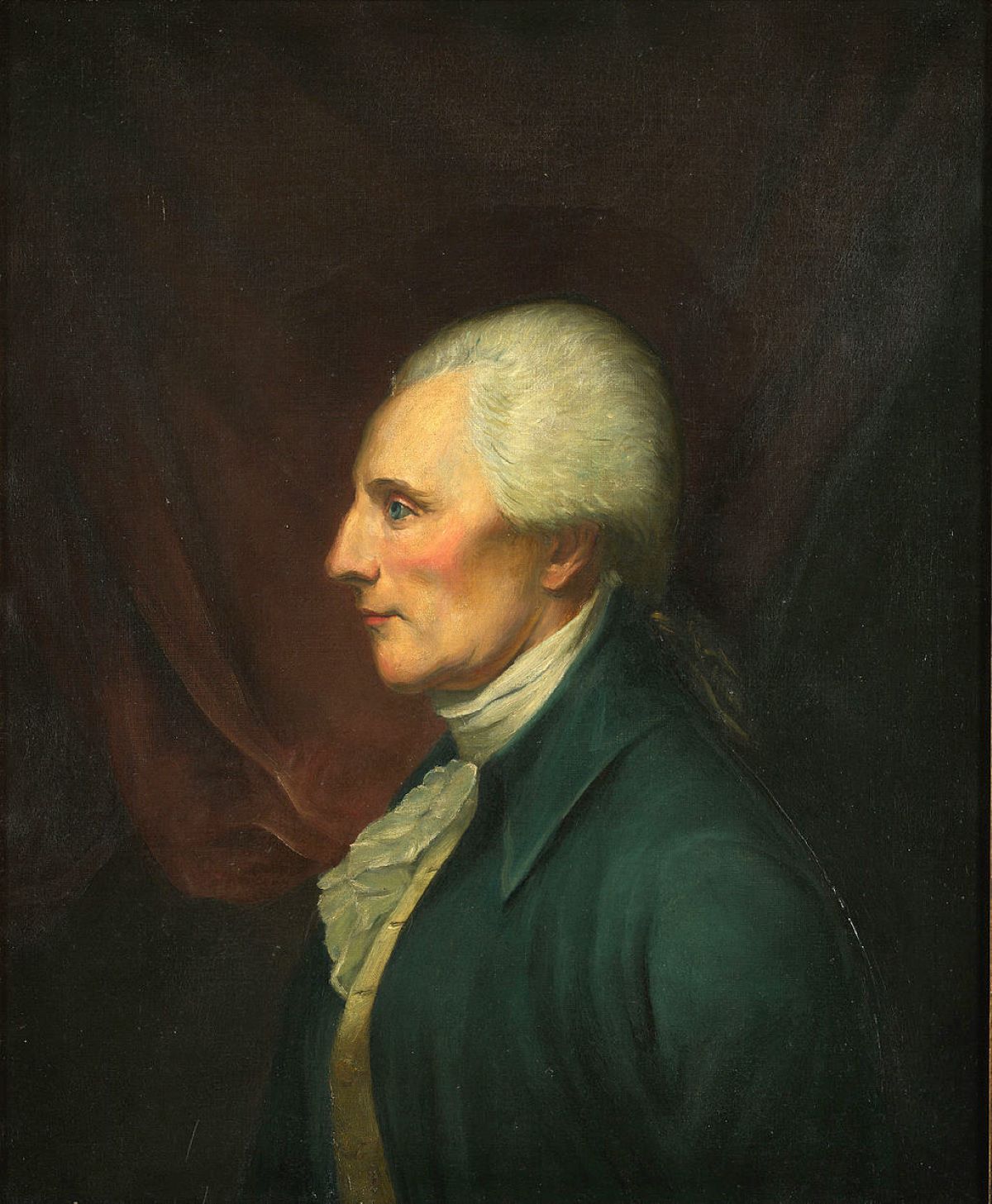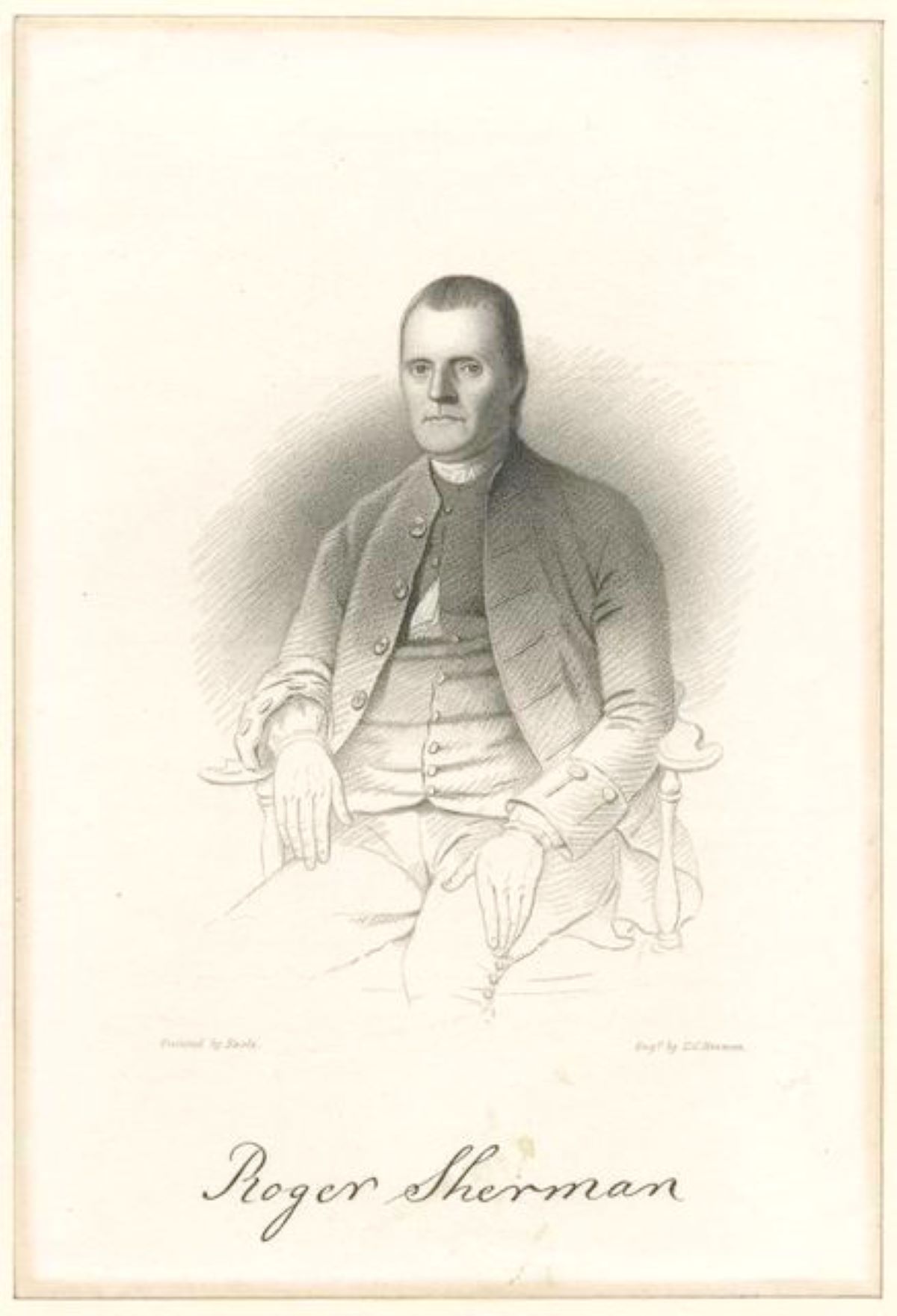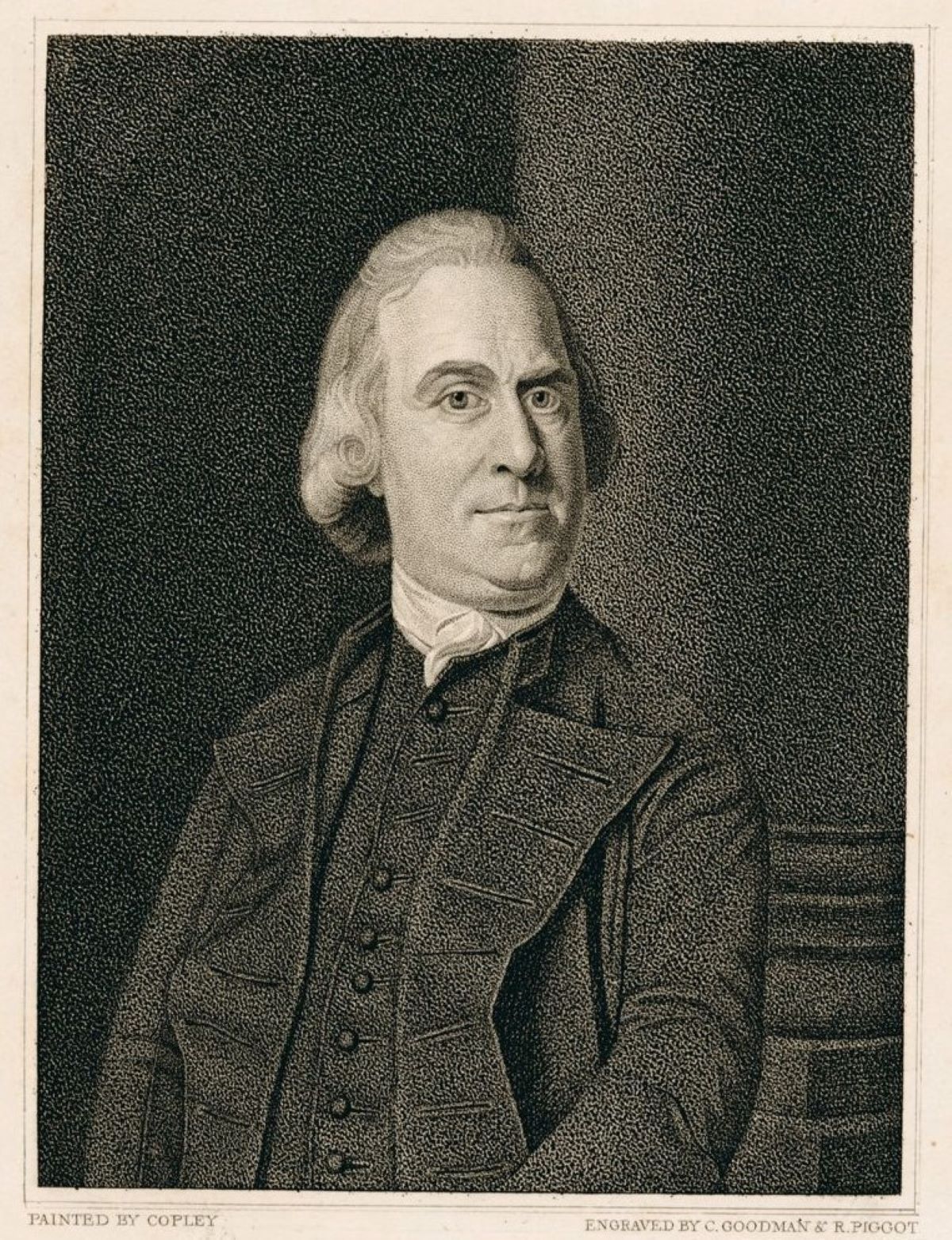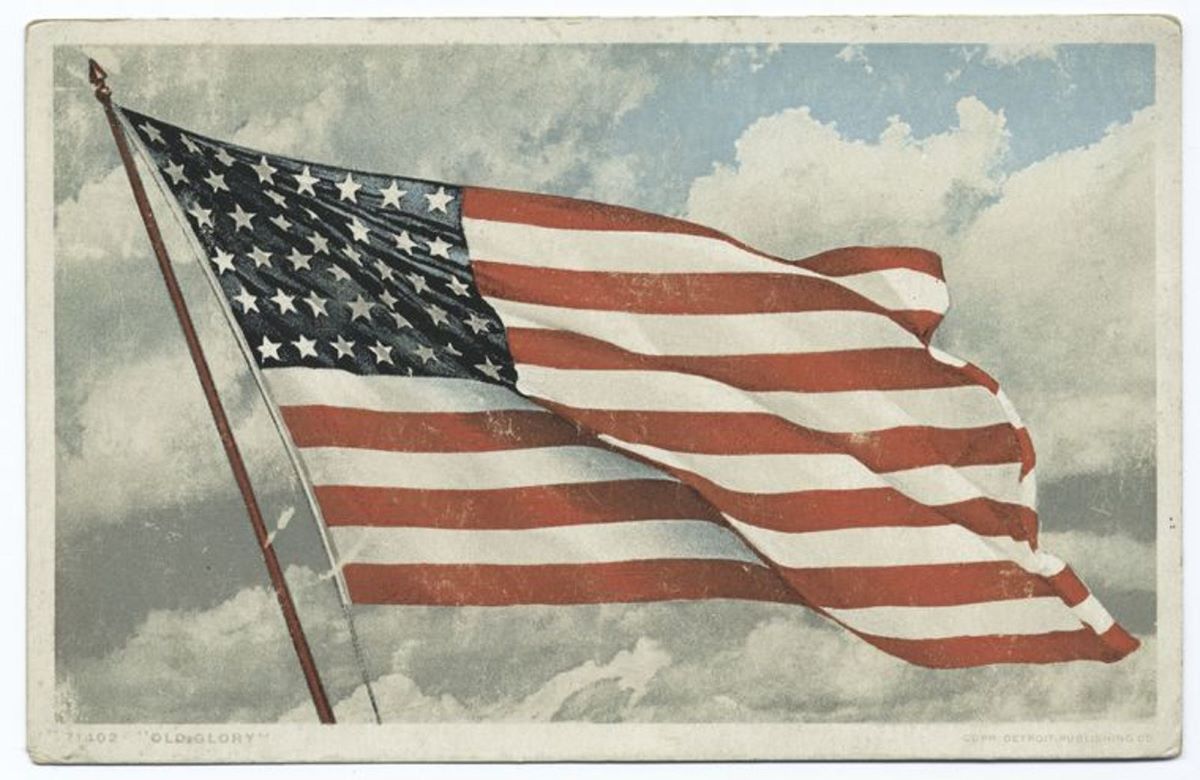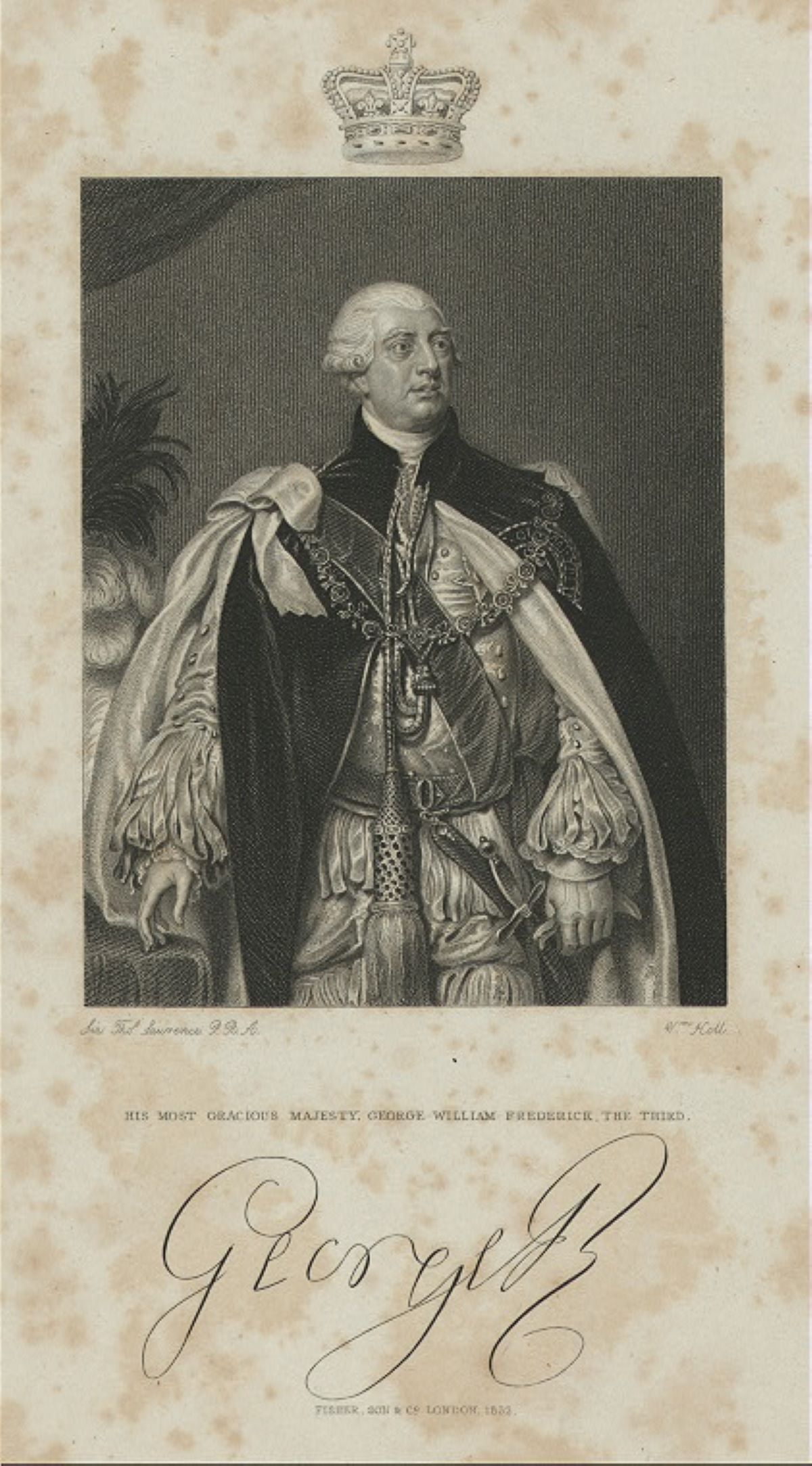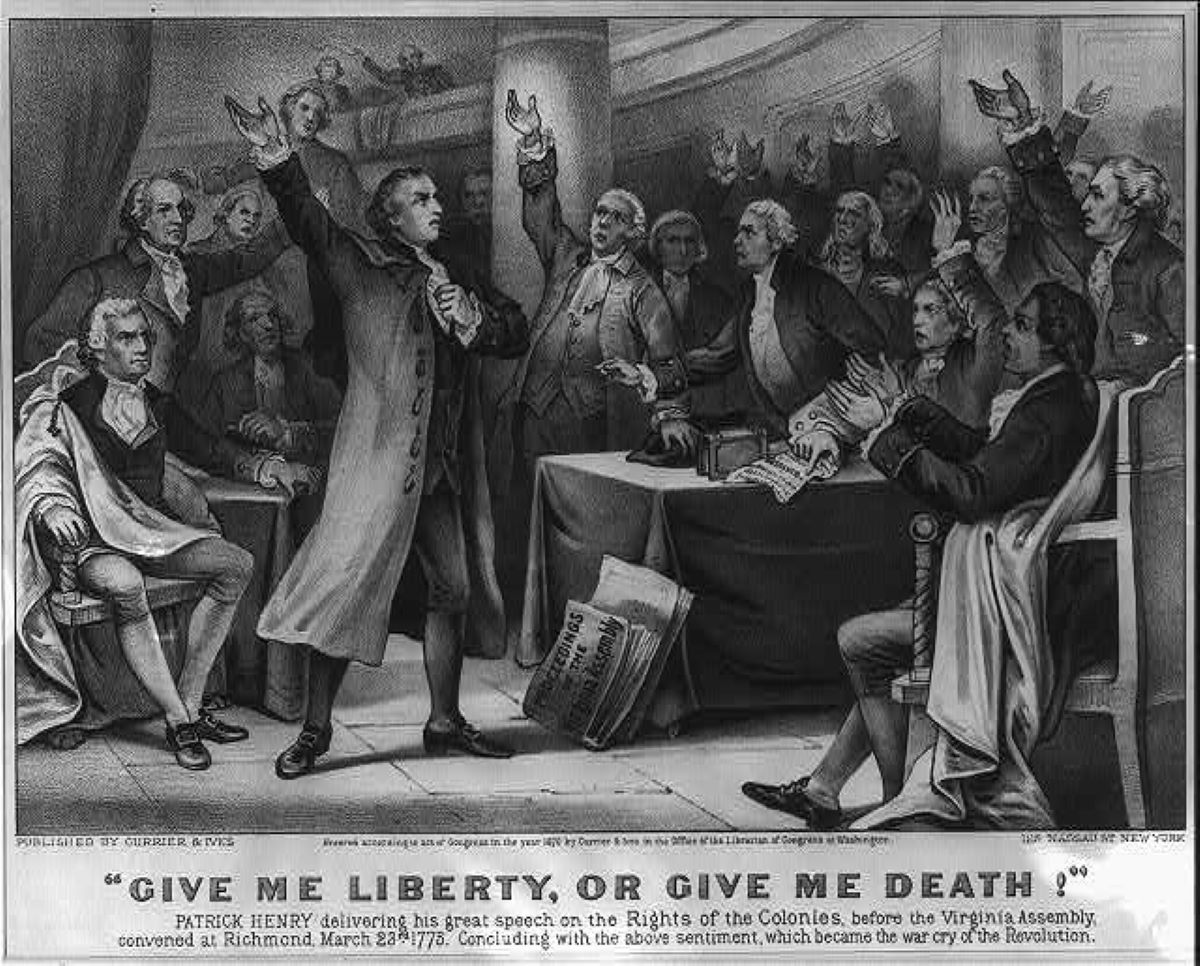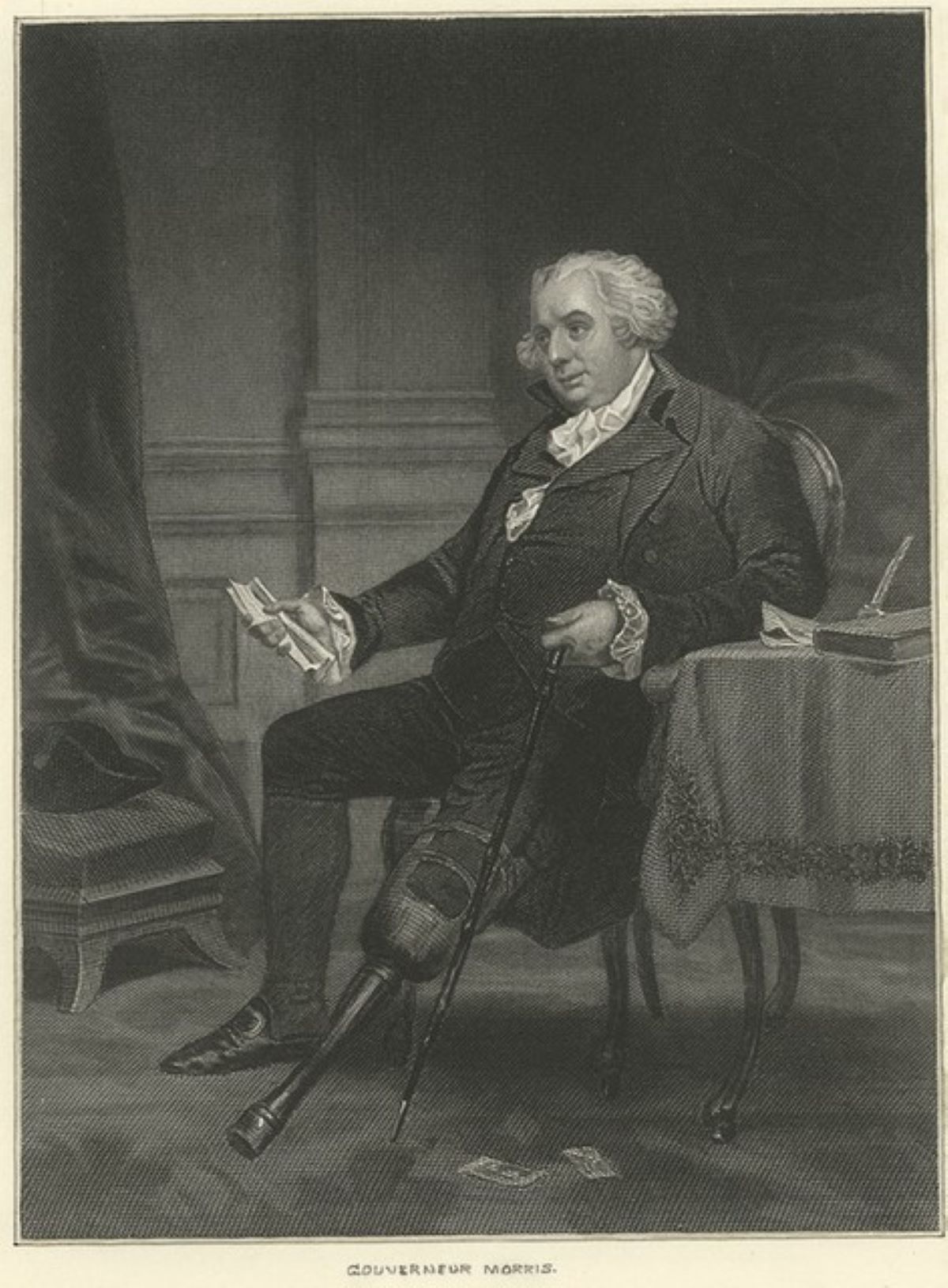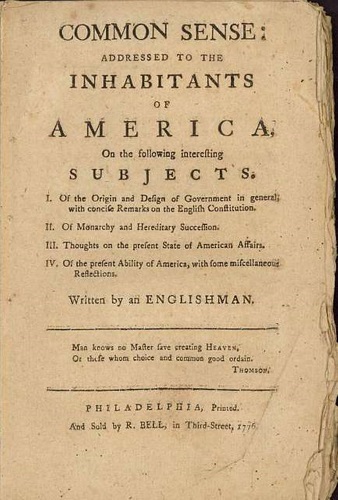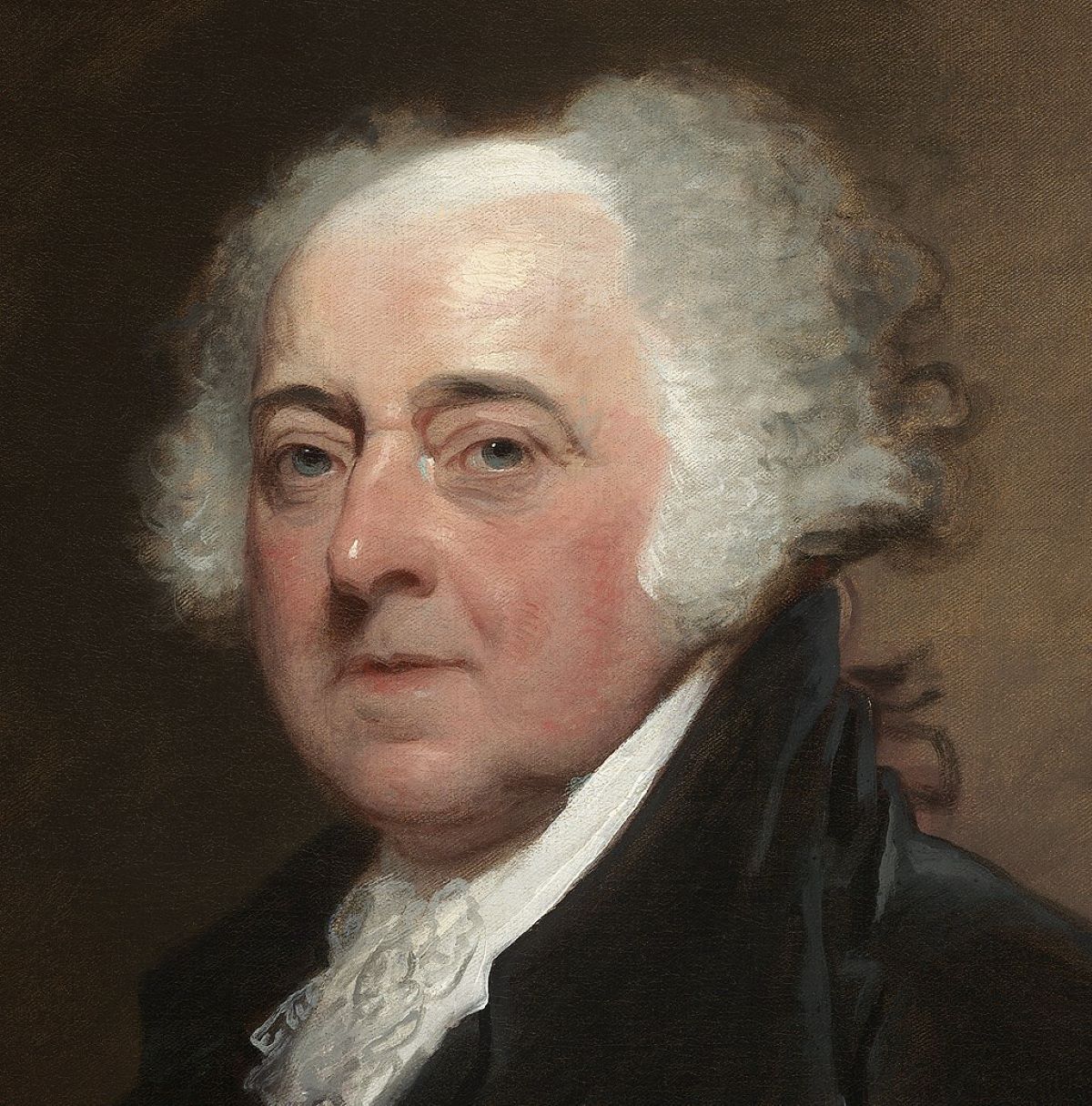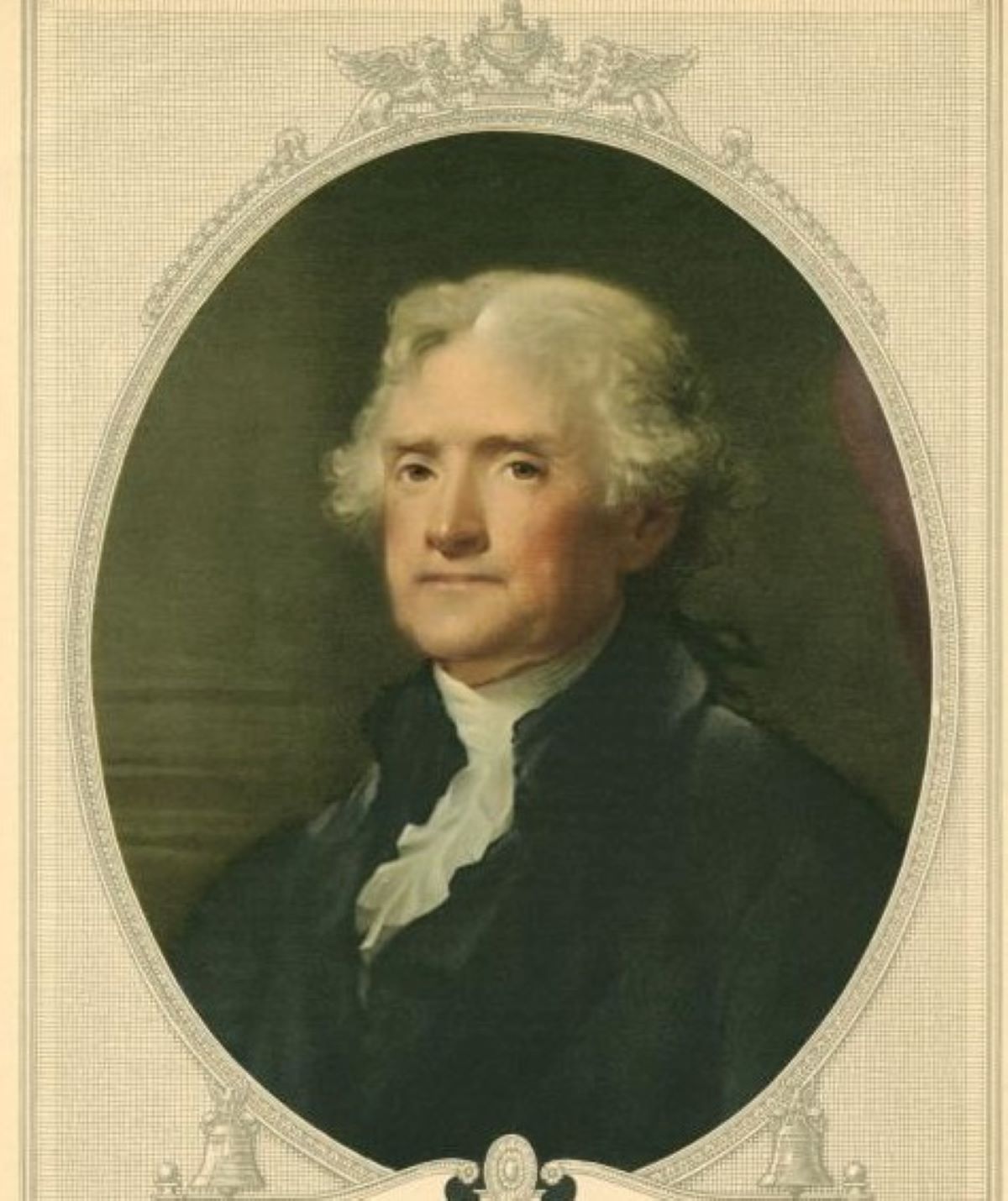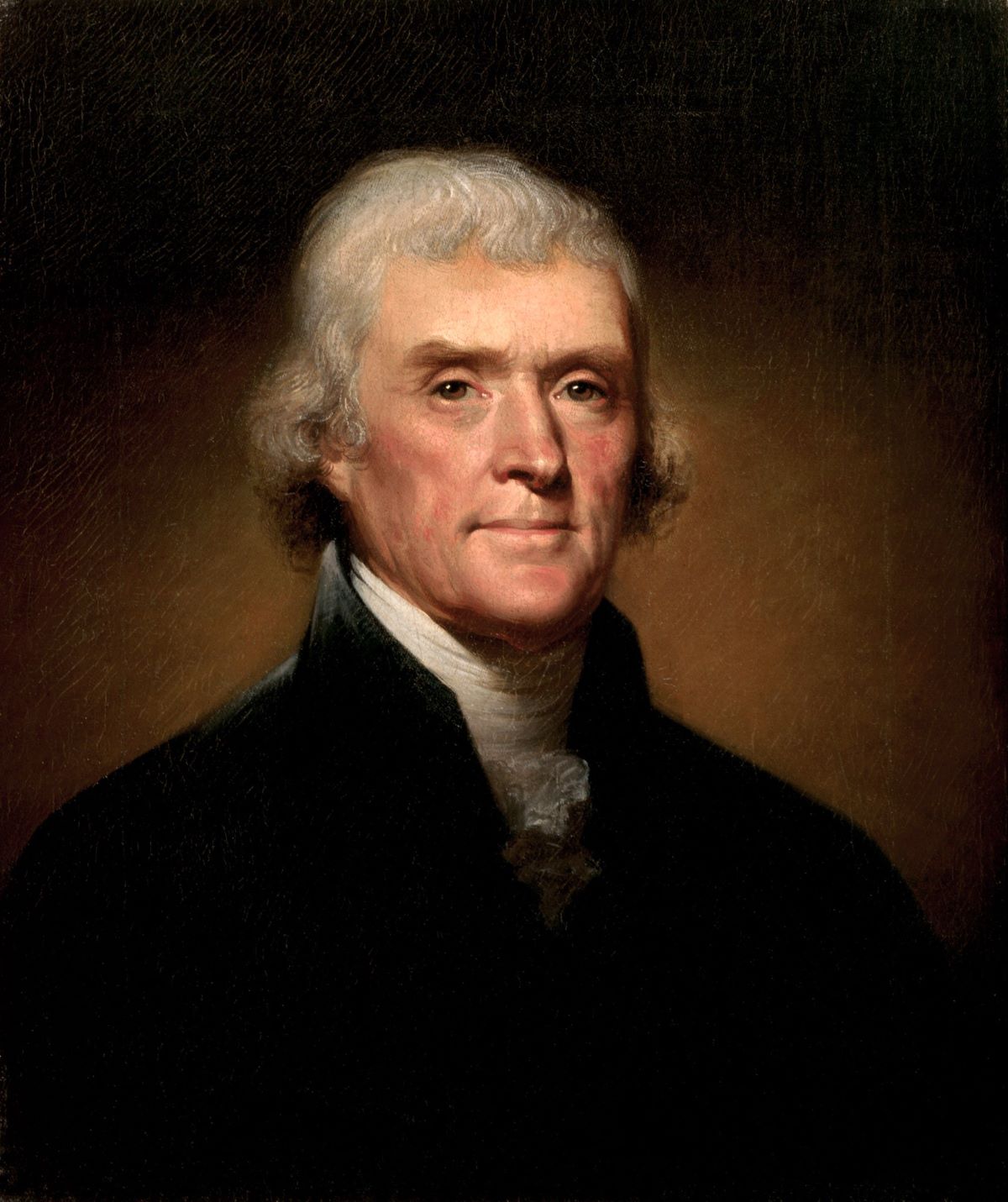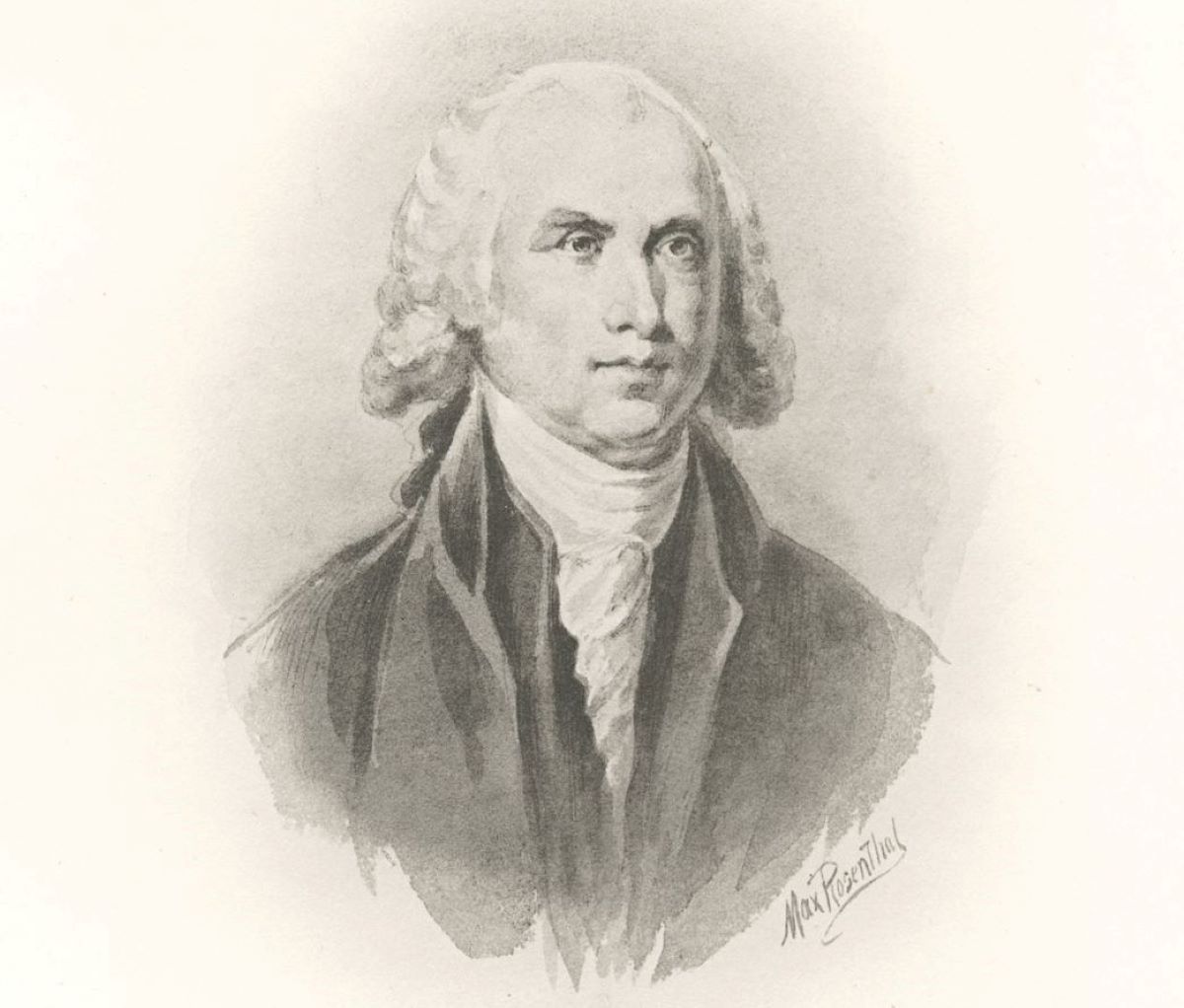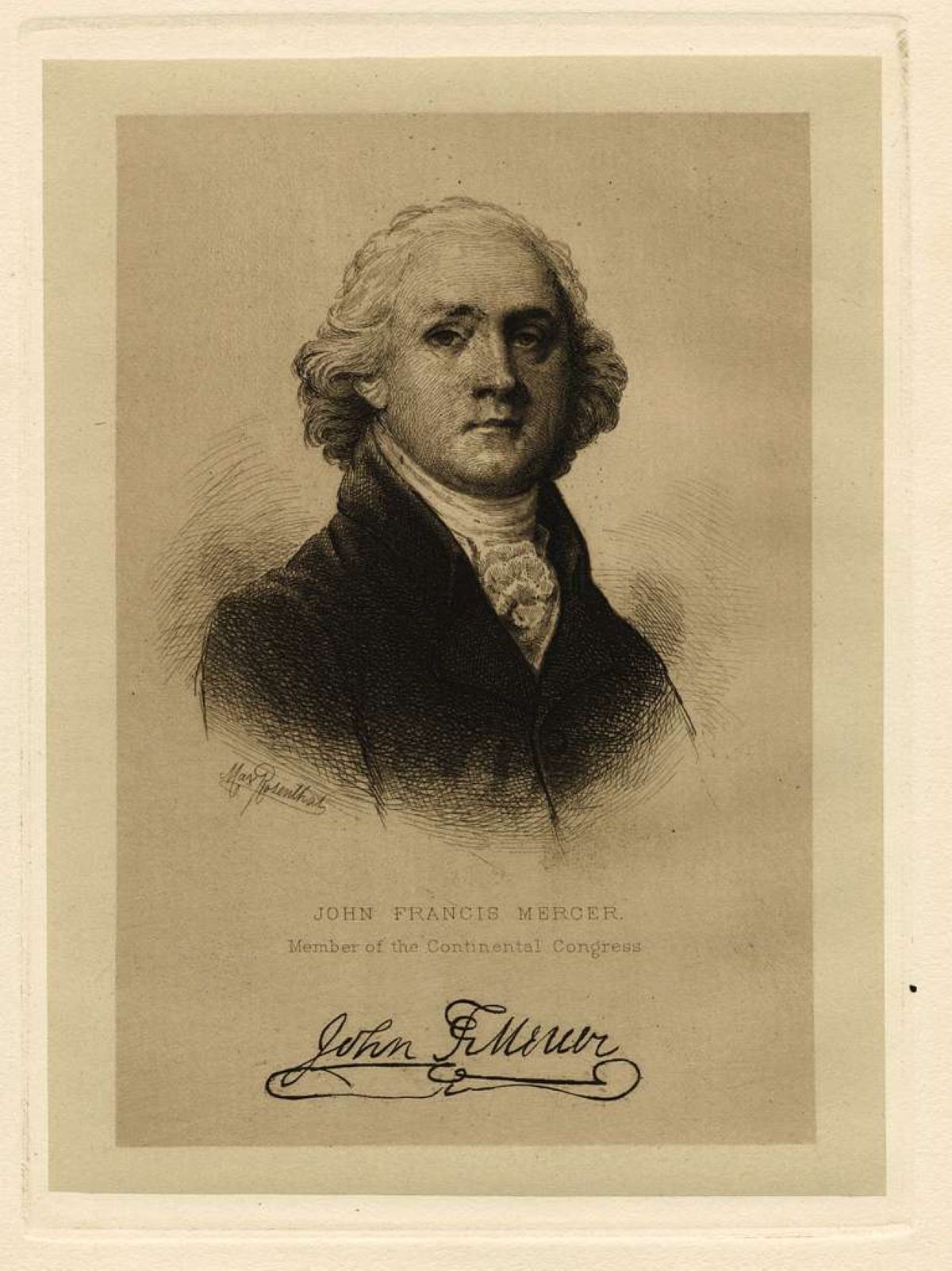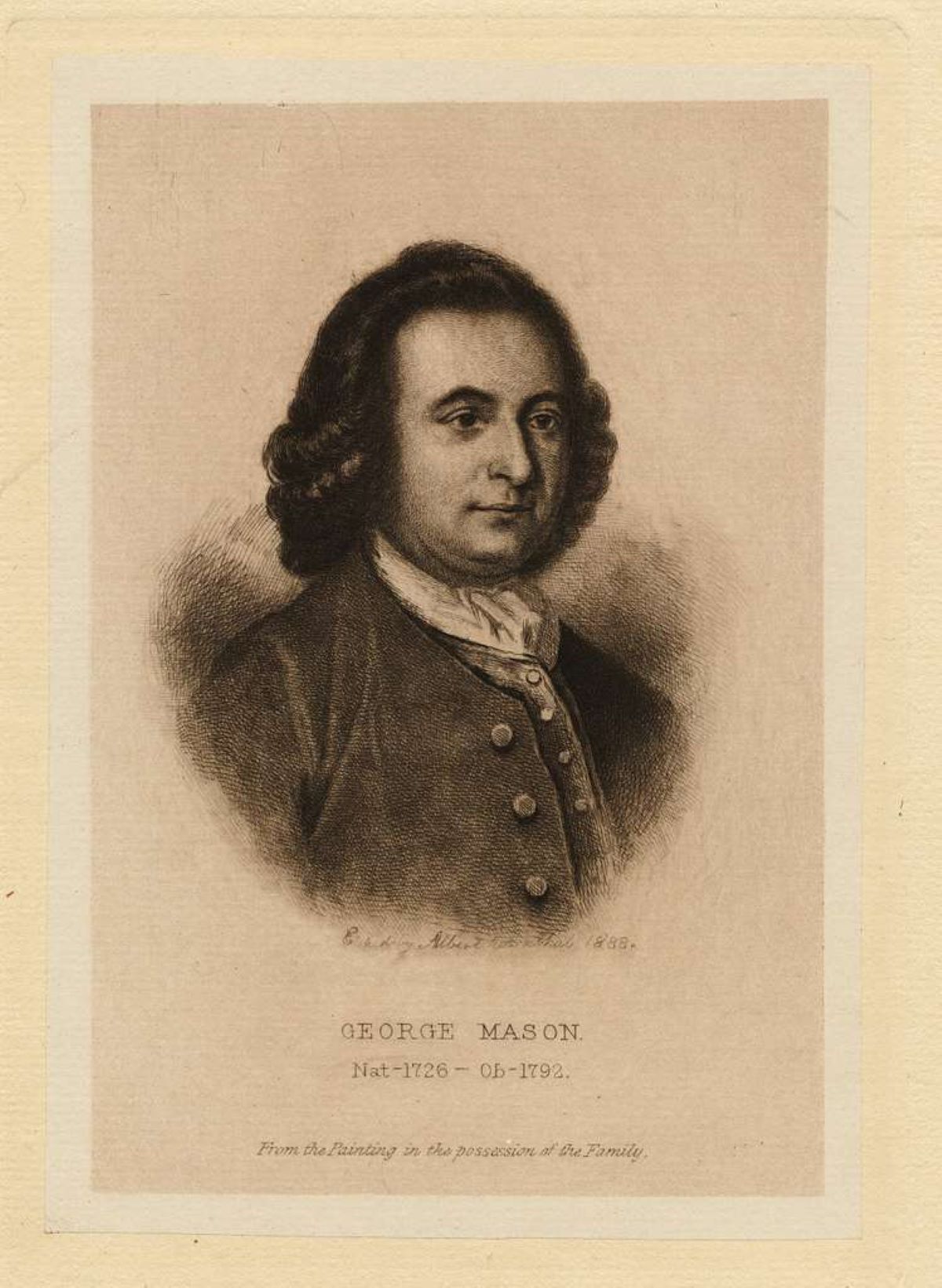Loyalists and Patriots Debate the American Revolution
About this Collection
As C. Bradley Thompson notes in the Liberty Fund edition of Adams Revolutionary Writings: Upon his return from the Continental Congress in the fall of 1774, Adams was met with a series of powerful and lucid essays in the Massachusetts Gazette defending the principles and policies of British officialdom and challenging the claims of the American Whigs. Writing over the pseudonym Massachusettensis, Daniel Leonard argued that the constitutional authority of Parliament did and must extend to the colonies. Theoretically, the colonies must be under the sovereignty of Parliament, Leonard insisted, because two supreme or independent authorities cannot exist in the same state. Such an imperium in imperio was absurd and a contradiction in terms. According to Leonard, there could be no possible medium between absolute independence on the one hand, and subjection to the authority of Parliament on the other. Historians have long recognized the importance of Adamss Novanglus letters to the Revolutionary cause. They were not only a close, point-by-point refutation of Leonards argument, but they represent the most advanced Patriot argument against British imperial policy. The Novanglus letters were a systematic attempt by Adams to describe the origins, nature, and jurisdictional boundaries of the imperial British constitution. The central question that sparked Adams to write was clear and simple: Does the authority of Parliament extend to the colonies? In exhaustive and sometimes painstaking detail, Adams plumbs the depths of English and colonial legal history to demonstrate that the provincial legislatures are fully sovereign over their own internal affairs, and that the colonies are connected to Great Britain only through a modified feudal allegiance with the person of the King.
Key People
Titles & Essays
THE READING ROOM
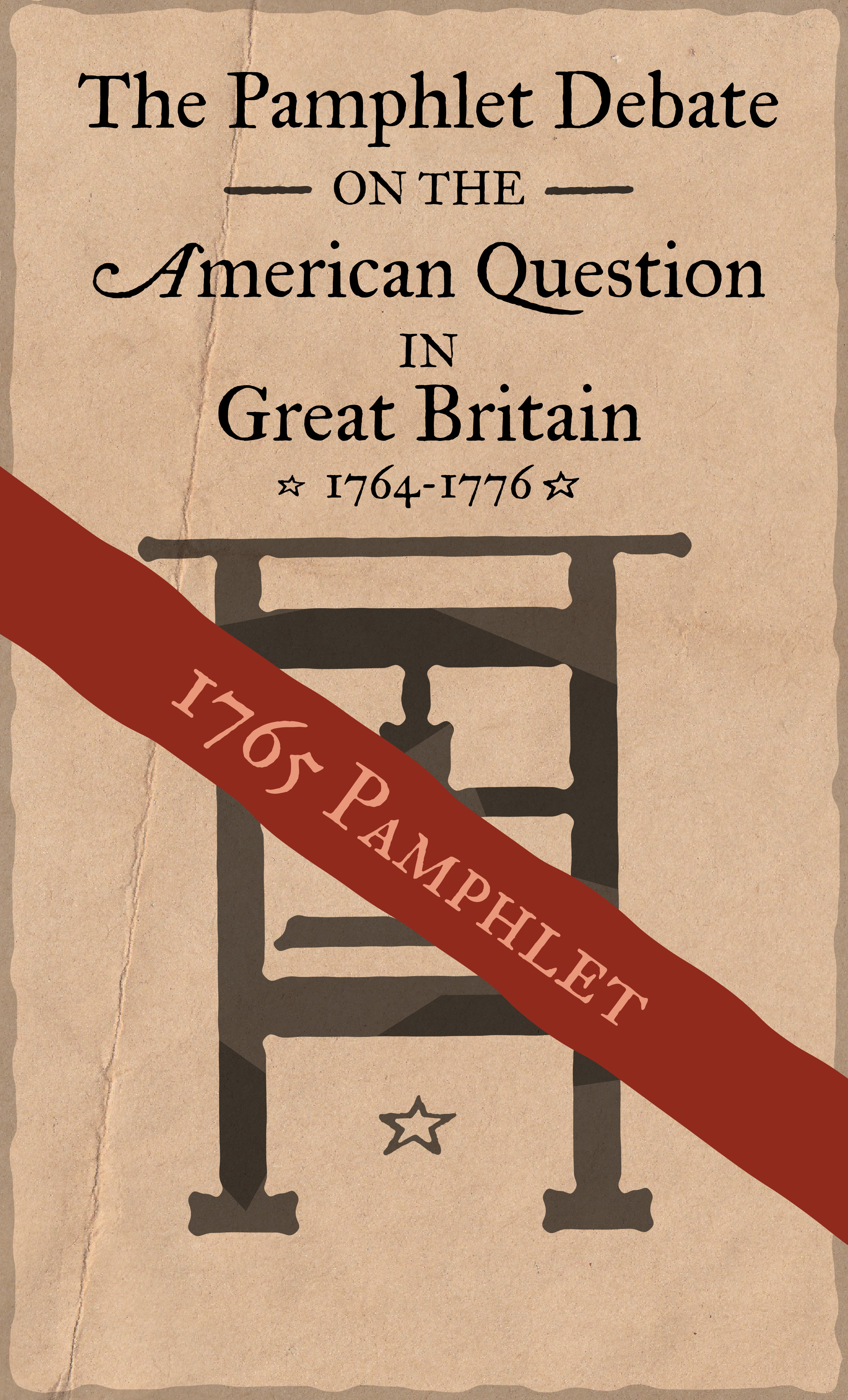
Anonymous Pamphleteer 1765 (author)
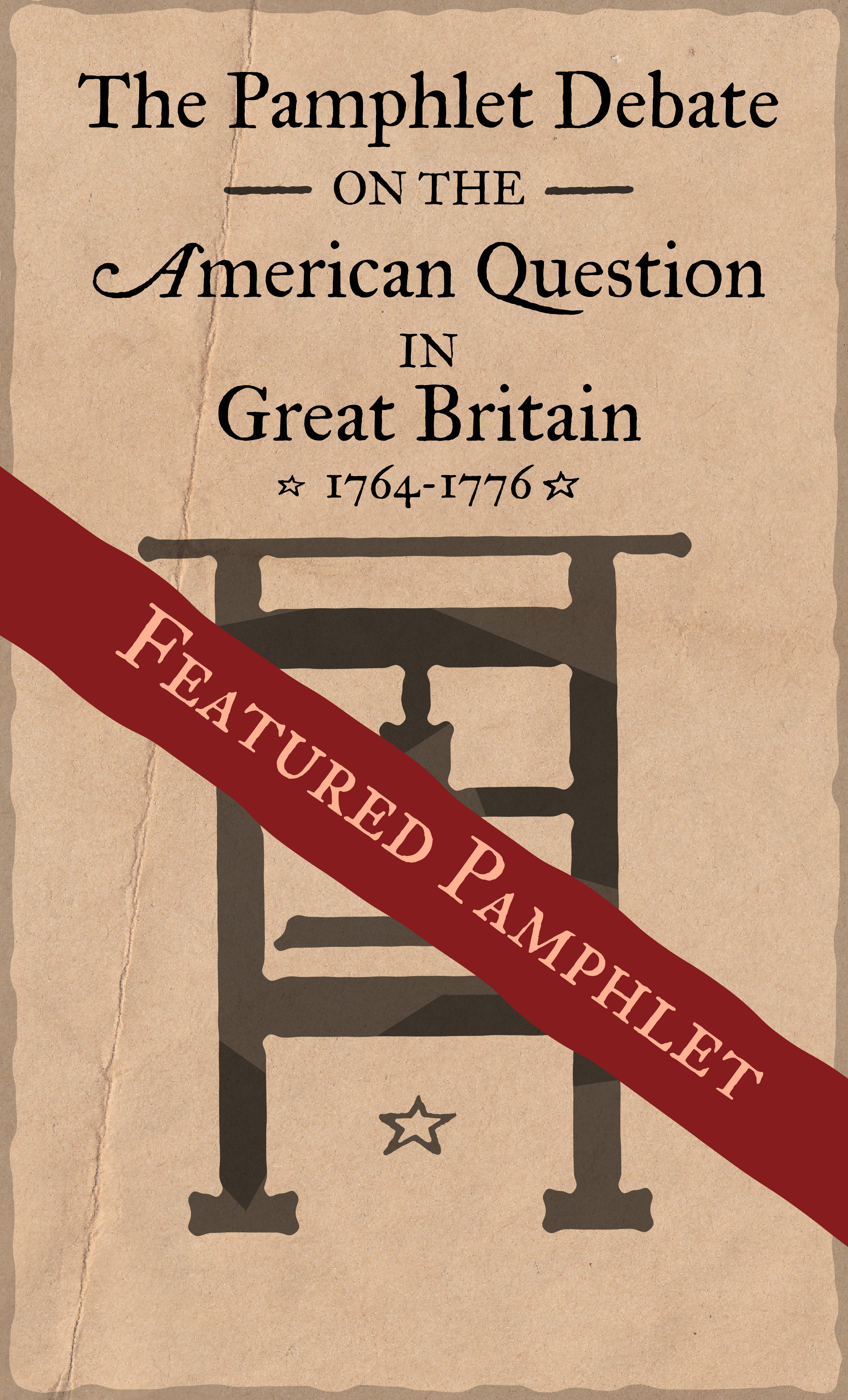
Anonymous Pamphleteer 1766 (author)
THE READING ROOM
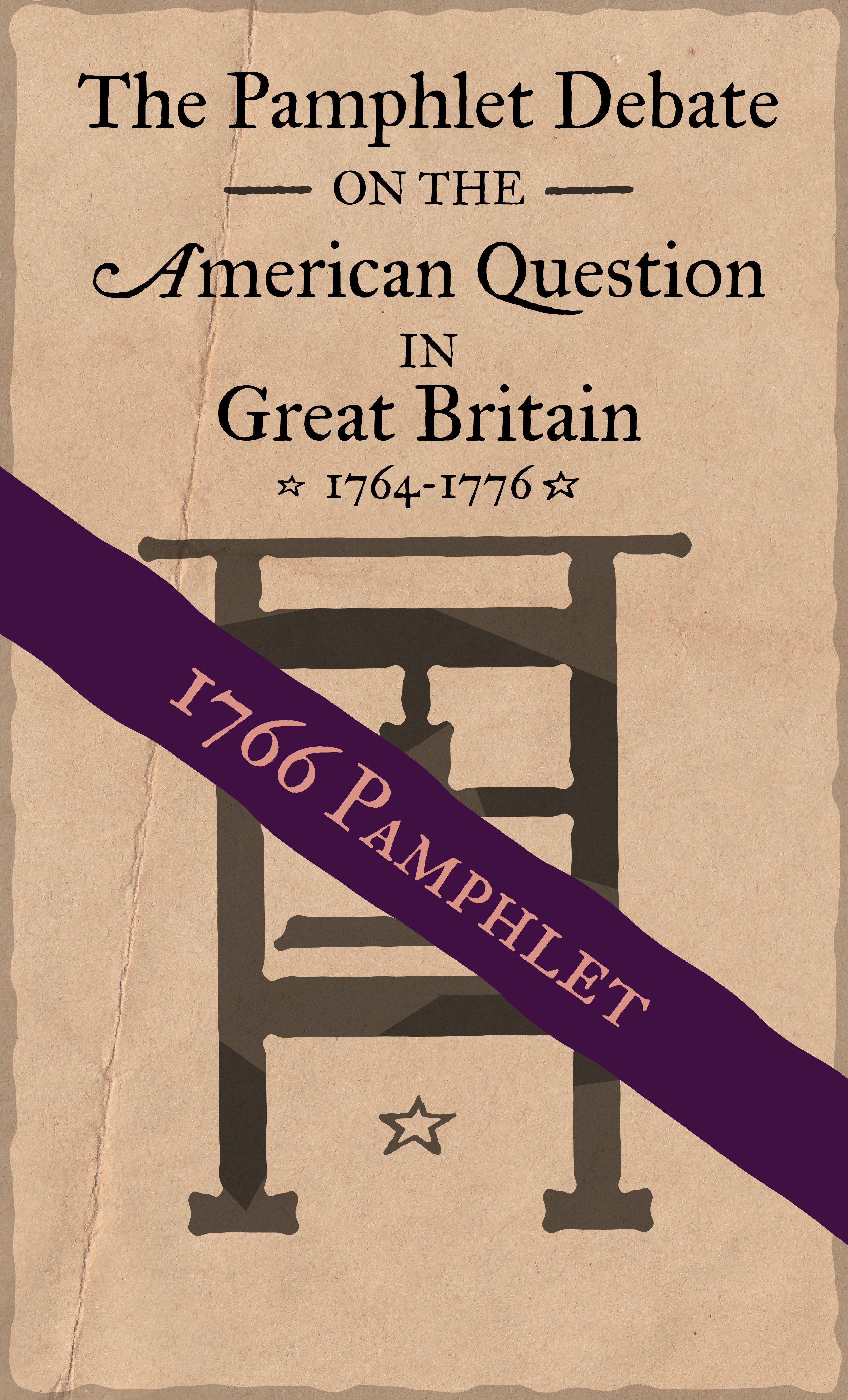
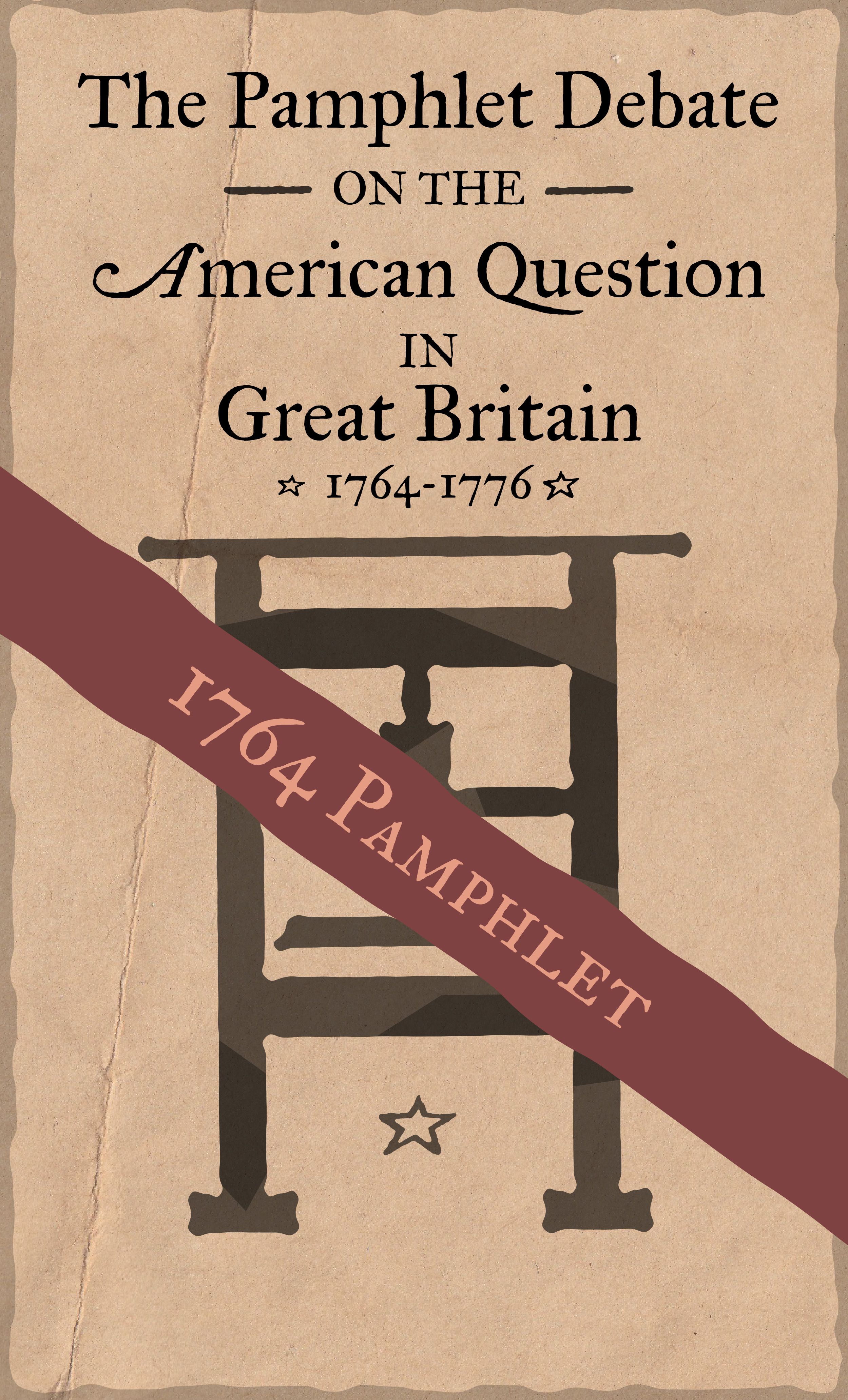
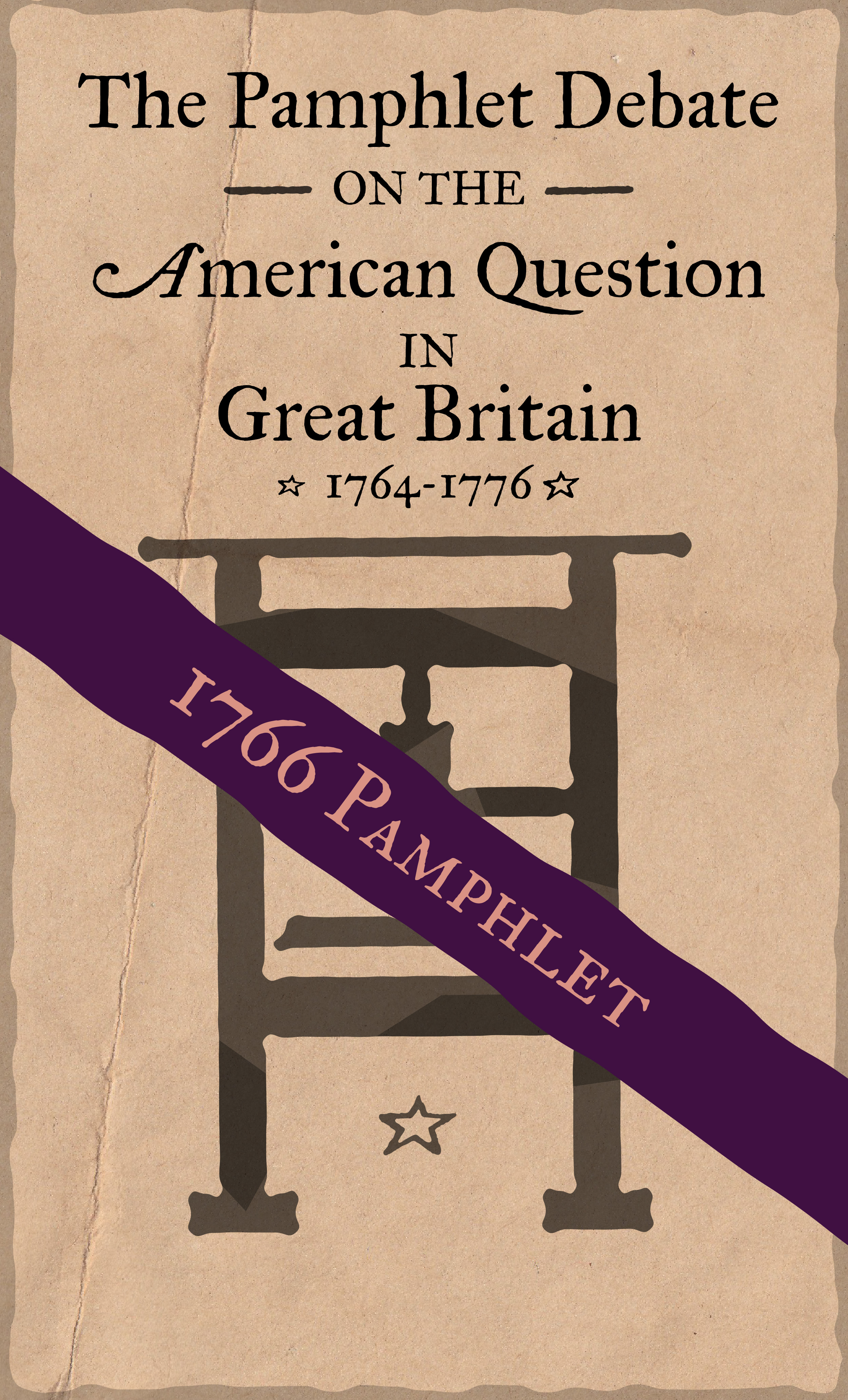
Anonymous Pamphleteer 1766 (author)



Anonymous Pamphleteer 1766 (author)

THE READING ROOM
THE READING ROOM
THE READING ROOM
THE READING ROOM

Anonymous Pamphleteer 1768 (author)
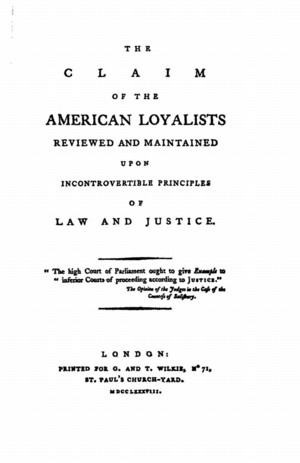
THE READING ROOM

Anonymous Pamphleteer 1766 (author)

Mathew Robinson-Morris (author)

A Country Gentleman (author)


Anonymous Pamphleteer 1766 (author)

Anonymous Pamphleteer 1768 (author)

Anonymous Pamphleteer 1766 (author)

THE READING ROOM
THE READING ROOM
THE READING ROOM
THE READING ROOM
THE READING ROOM
THE READING ROOM

Anonymous Pamphleteer 1766 (author)
THE READING ROOM
THE READING ROOM
THE READING ROOM
THE READING ROOM
THE READING ROOM
THE READING ROOM
THE READING ROOM
THE READING ROOM
THE READING ROOM
THE READING ROOM
THE READING ROOM
THE READING ROOM
THE READING ROOM
THE READING ROOM
THE READING ROOM
THE READING ROOM
THE READING ROOM
THE READING ROOM
THE READING ROOM

Anonymous Pamphleteer 1766 (author)

Anonymous Pamphleteer 1766 (author)



Anonymous Pamphleteer 1769 (author)

Anonymous Pamphleteer 1774 (author)
THE READING ROOM
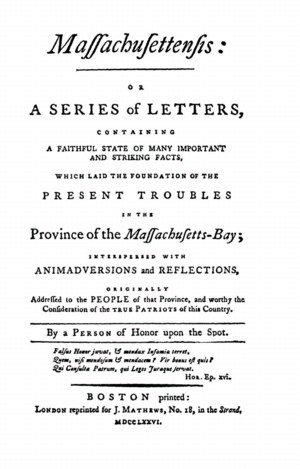


Anonymous Pamphleteer 1768 (author)

Anonymous Pamphleteer 1775 (author)

Anonymous Pamphleteer 1766 (author)
THE READING ROOM

Anonymous Pamphleteer 1766 (author)


Anonymous Pamphleteer 1775 (author)

Anonymous Pamphleteer 1765 (author)


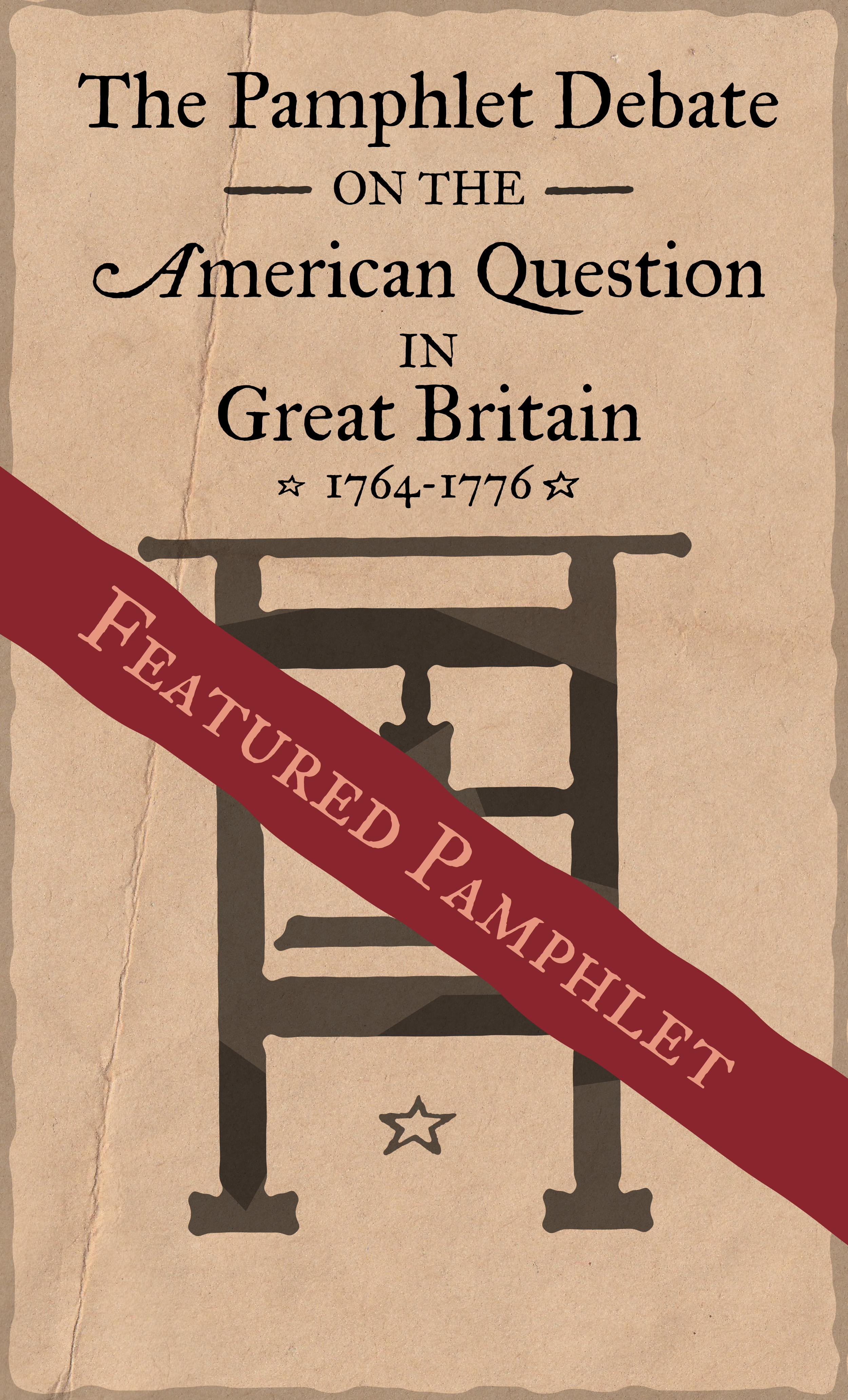
William Knox (author)

Anonymous Pamphleteer 1776 (author)


Edward Bancroft (author)

Anonymous Pamphleteer 1775 (author)
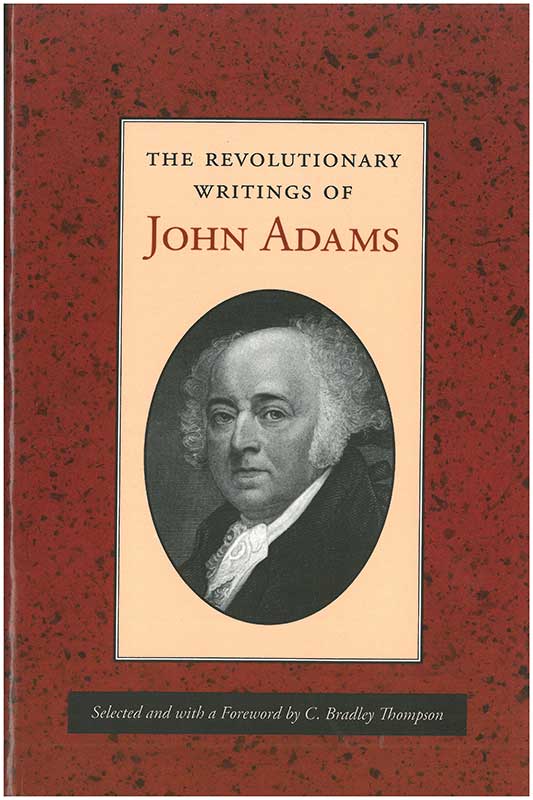

THE READING ROOM
THE READING ROOM

Jonathan Shipley (author)


Gentleman in town (author)


Anonymous Pamphleteer 1765 (author)

Edmund Burke (author)
THE READING ROOM

Samuel Johnson (author)

Anonymous Pamphleteer 1775 (author)

THE READING ROOM
THE READING ROOM
THE READING ROOM
THE READING ROOM

Gentleman at the bar (author)


A merchant of London (author)
THE READING ROOM

Anonymous Pamphleteer 1775 (author)



Anonymous Pamphleteer 1766 (author)
THE READING ROOM
THE READING ROOM
THE READING ROOM
Notes About This Collection
For additional information about the American Founding see the following:
- in the Forum: Timeline on the American Founding
- in the Forum: Key Documents
- in the Forum: The Founders' Constitution
- in the Library: Topic on the American Revolution and Constitution
- in the Library: Debate on Loyalists and Patriots before the American Revolution






